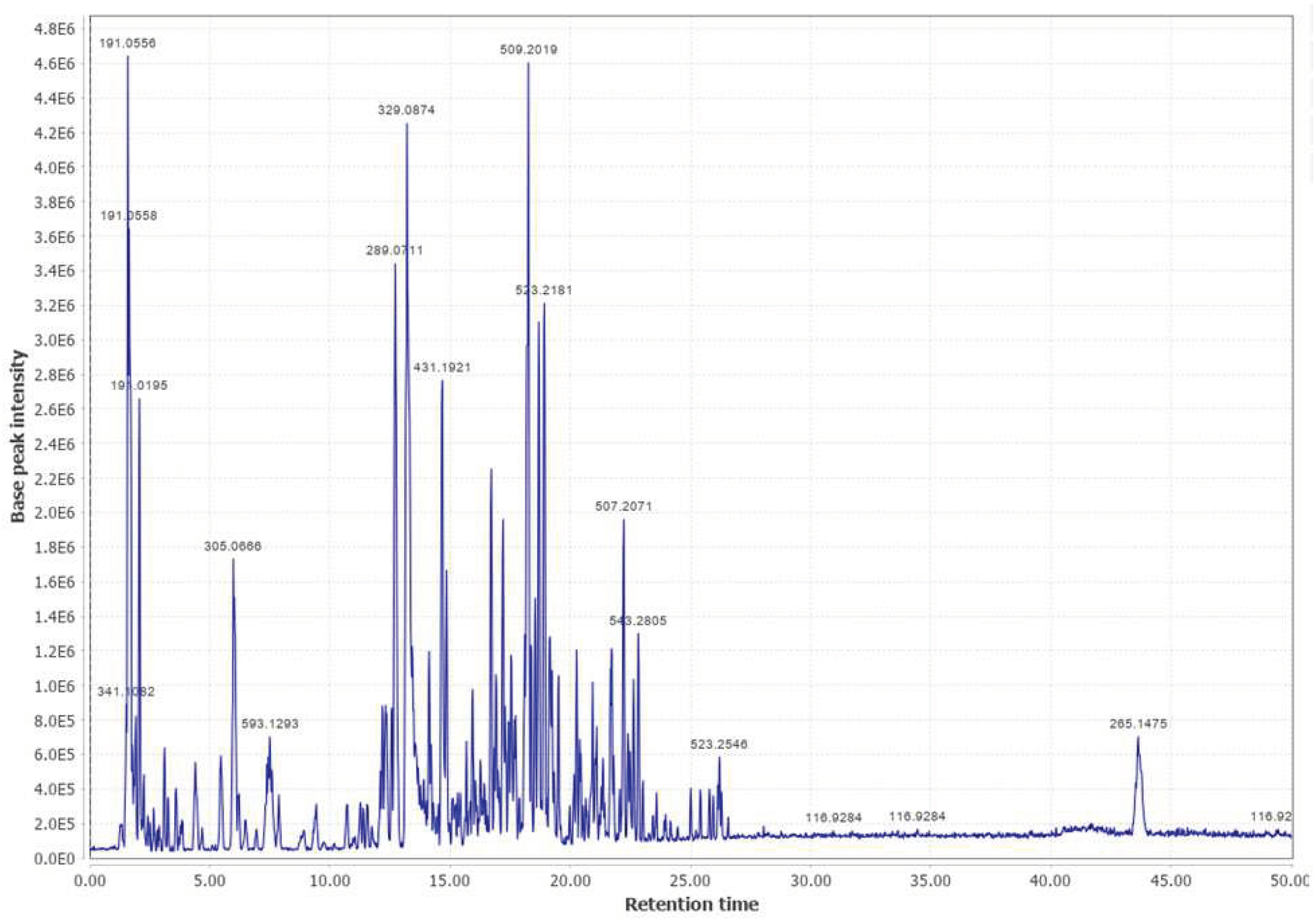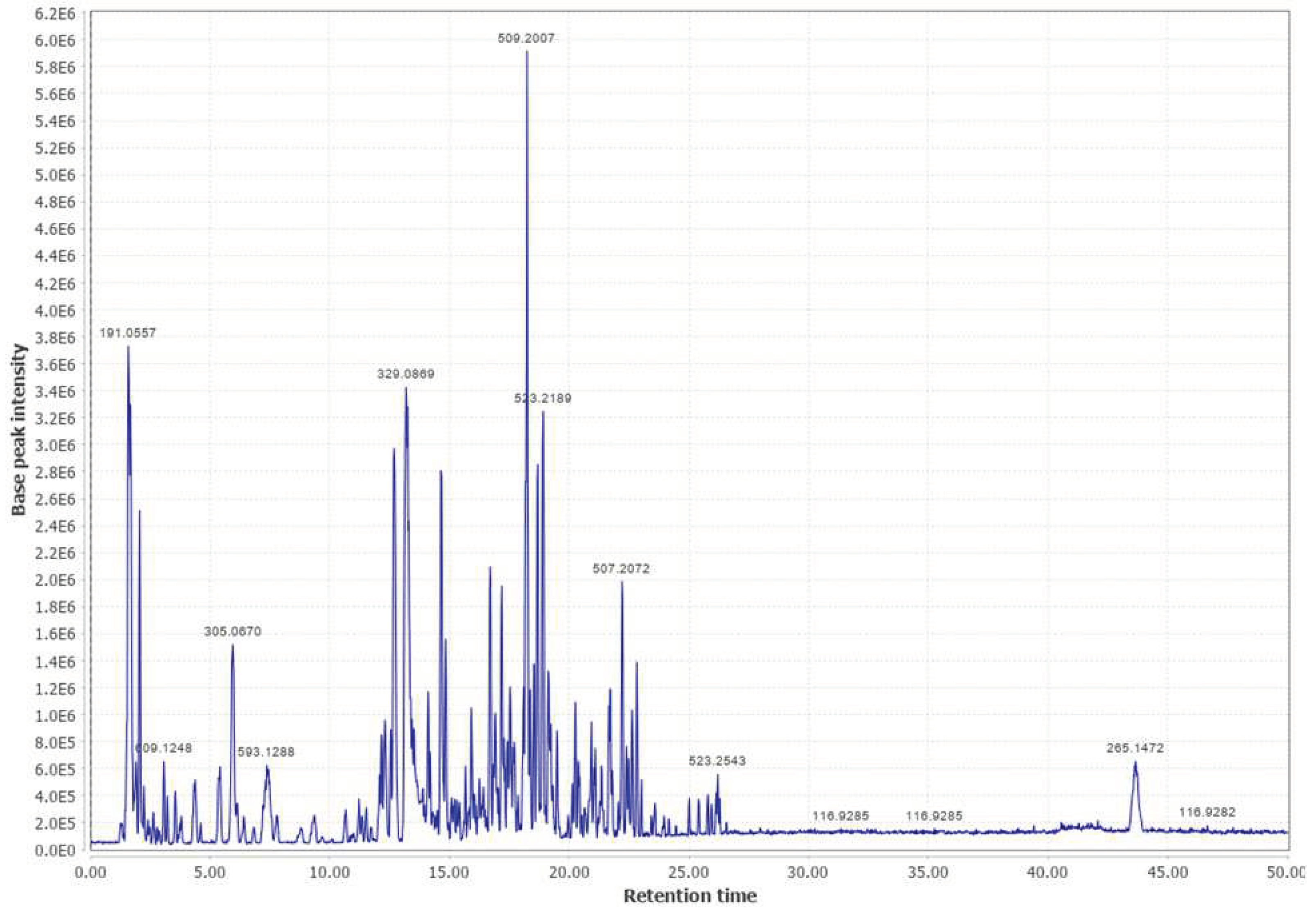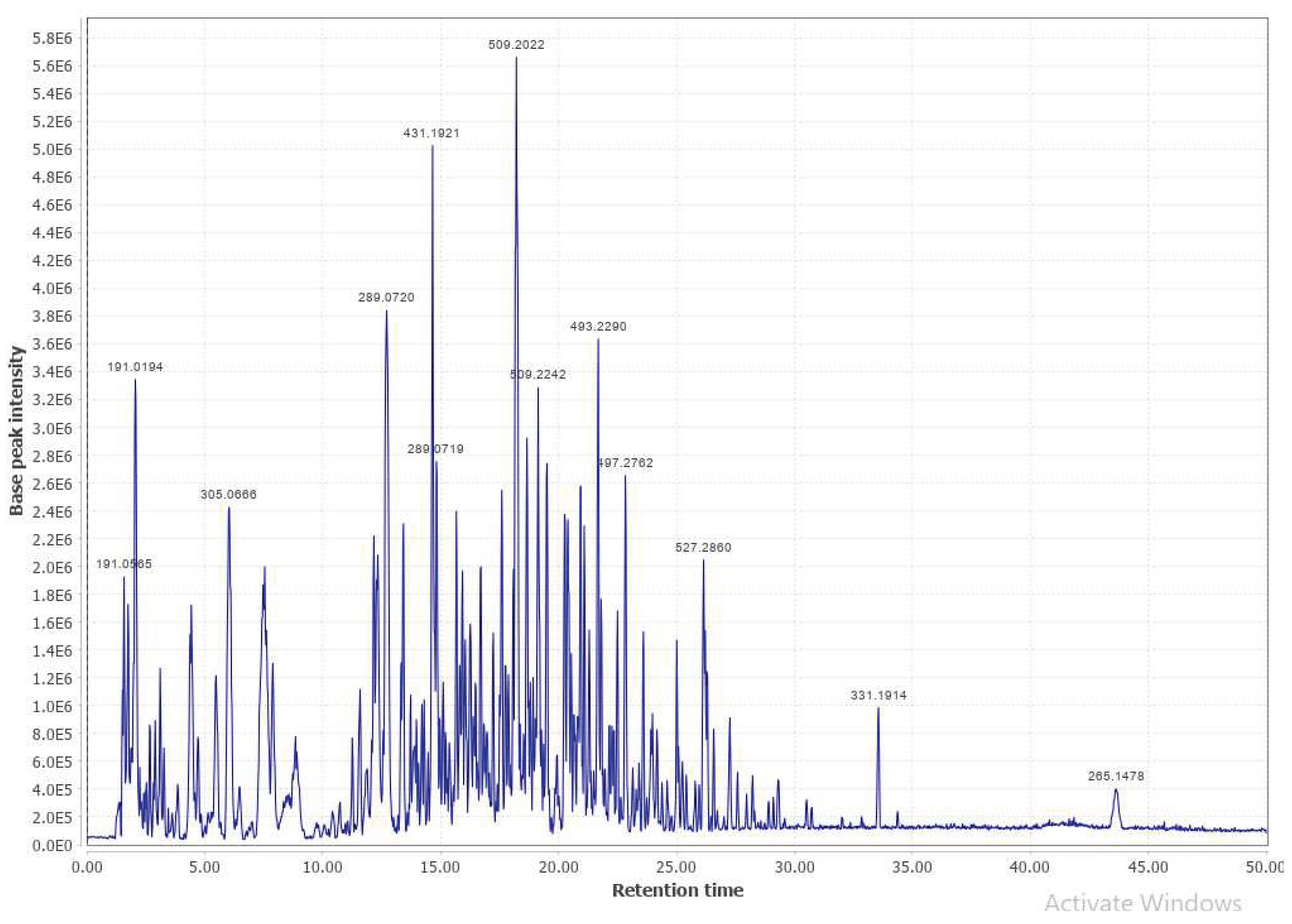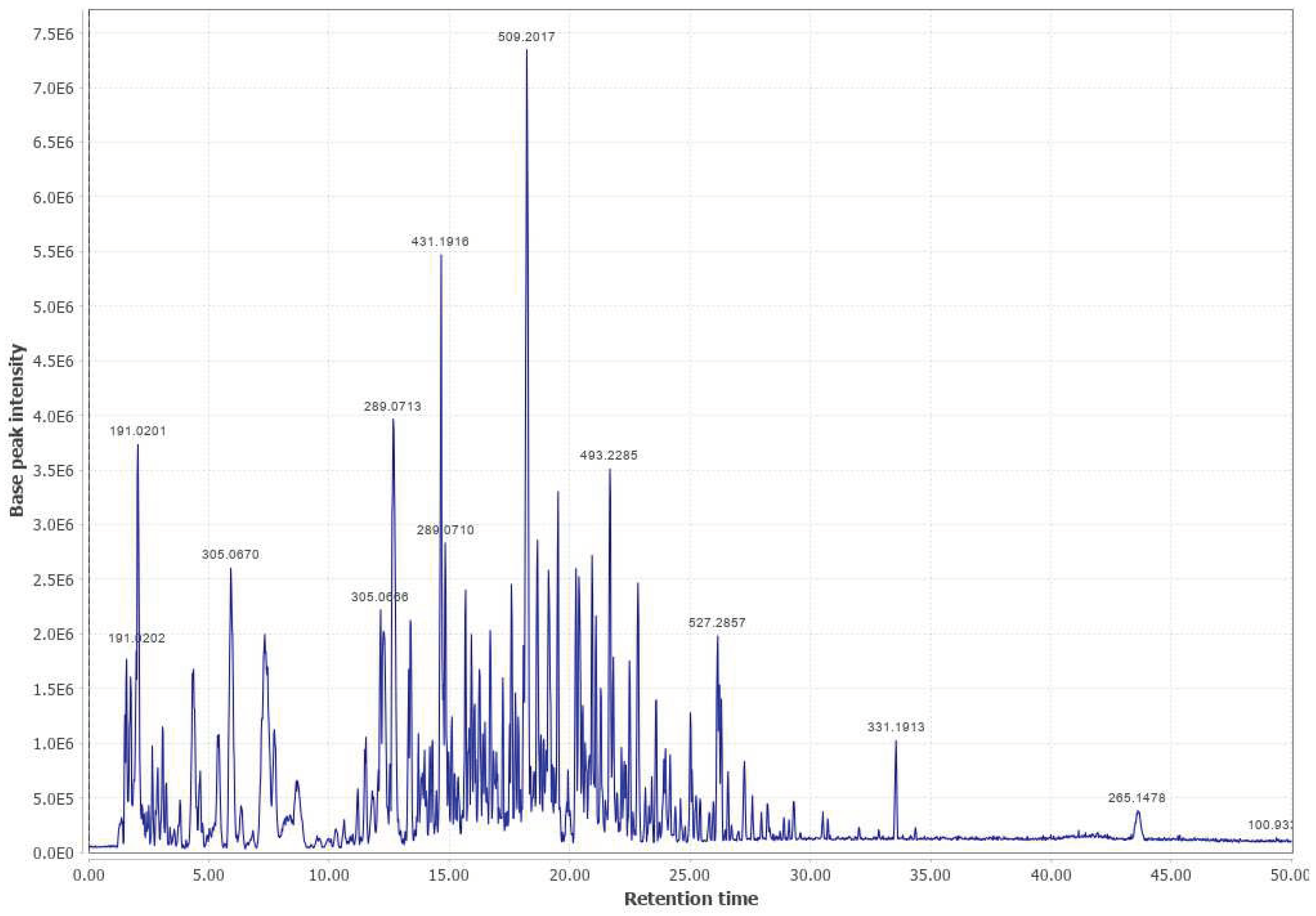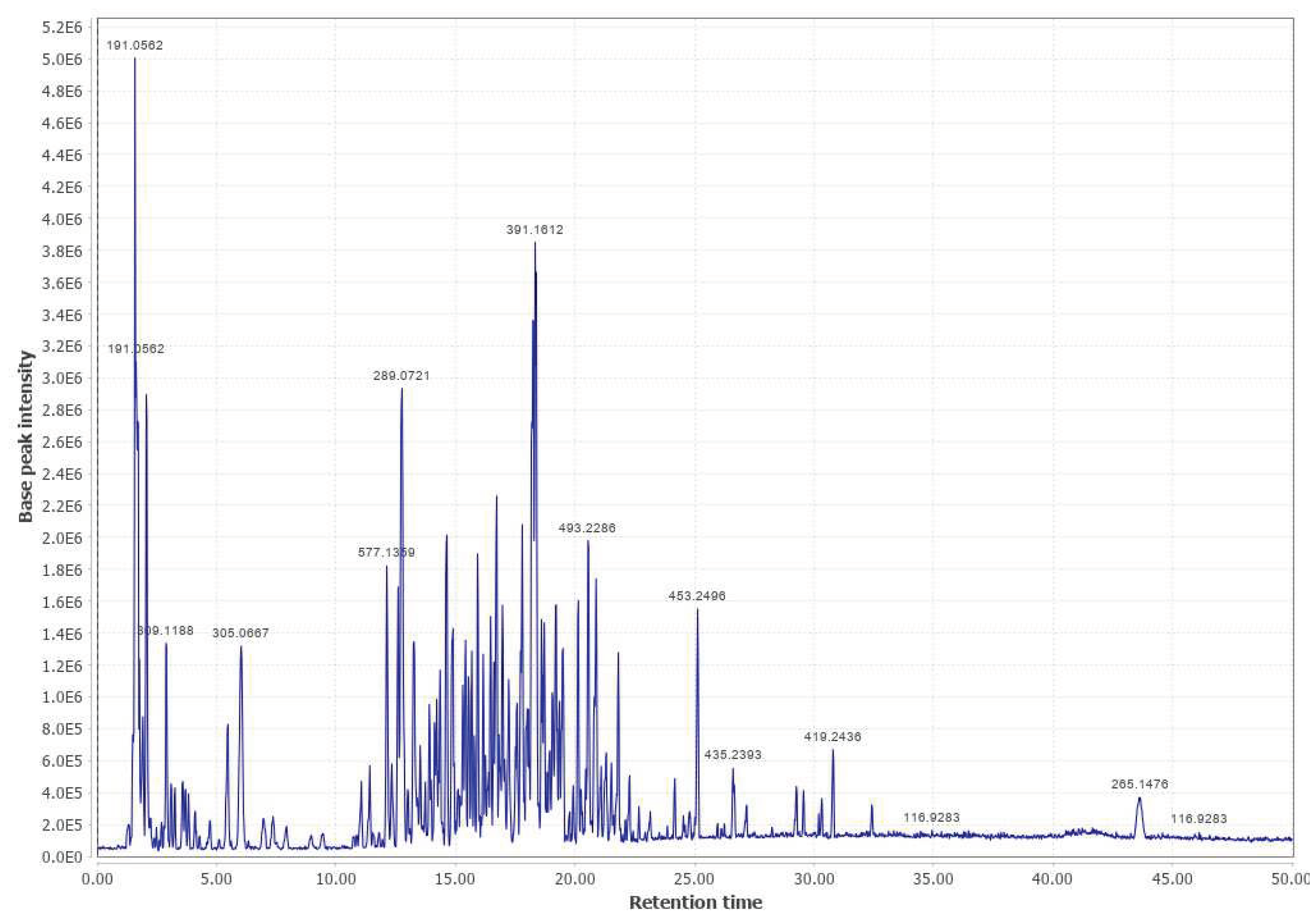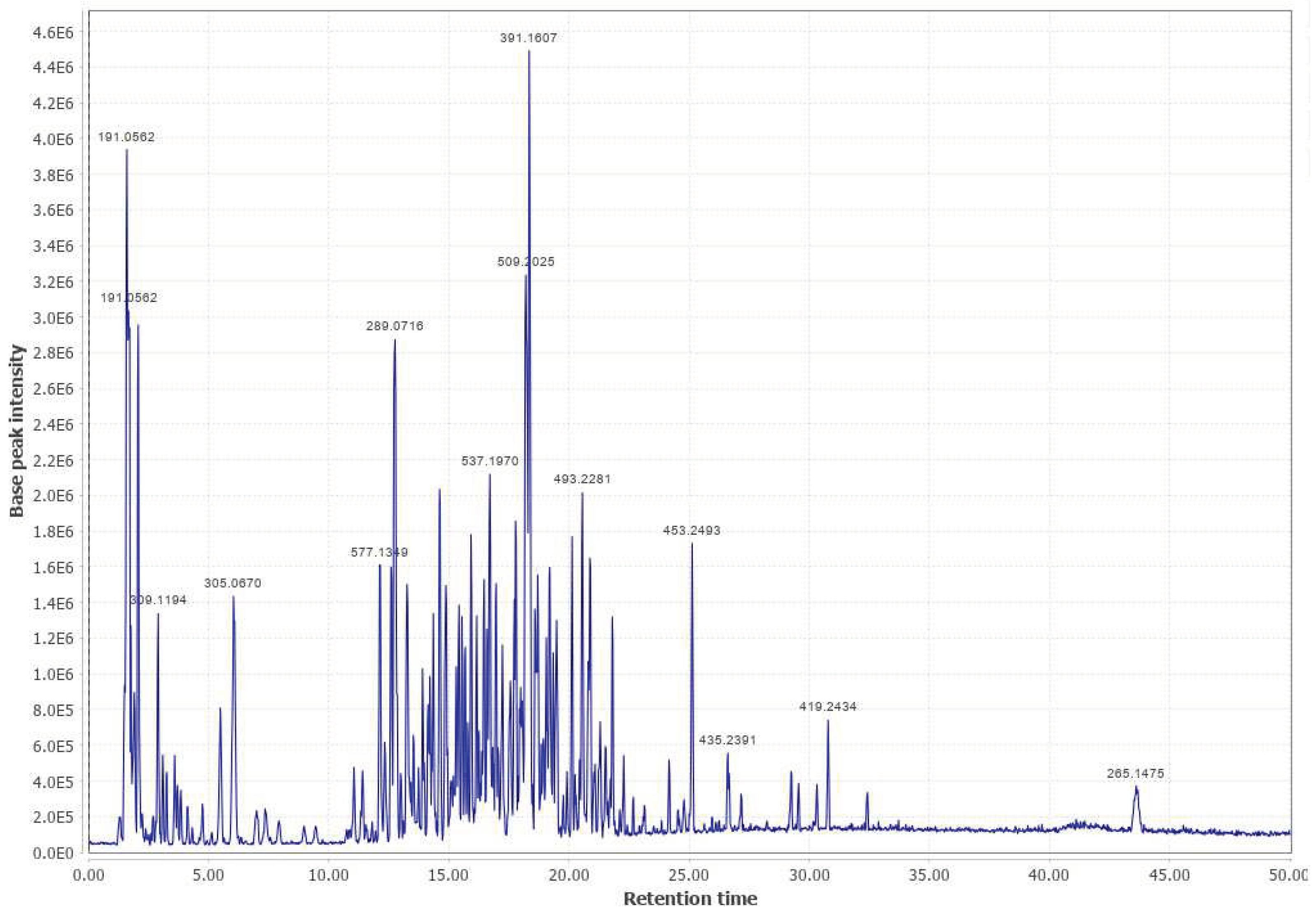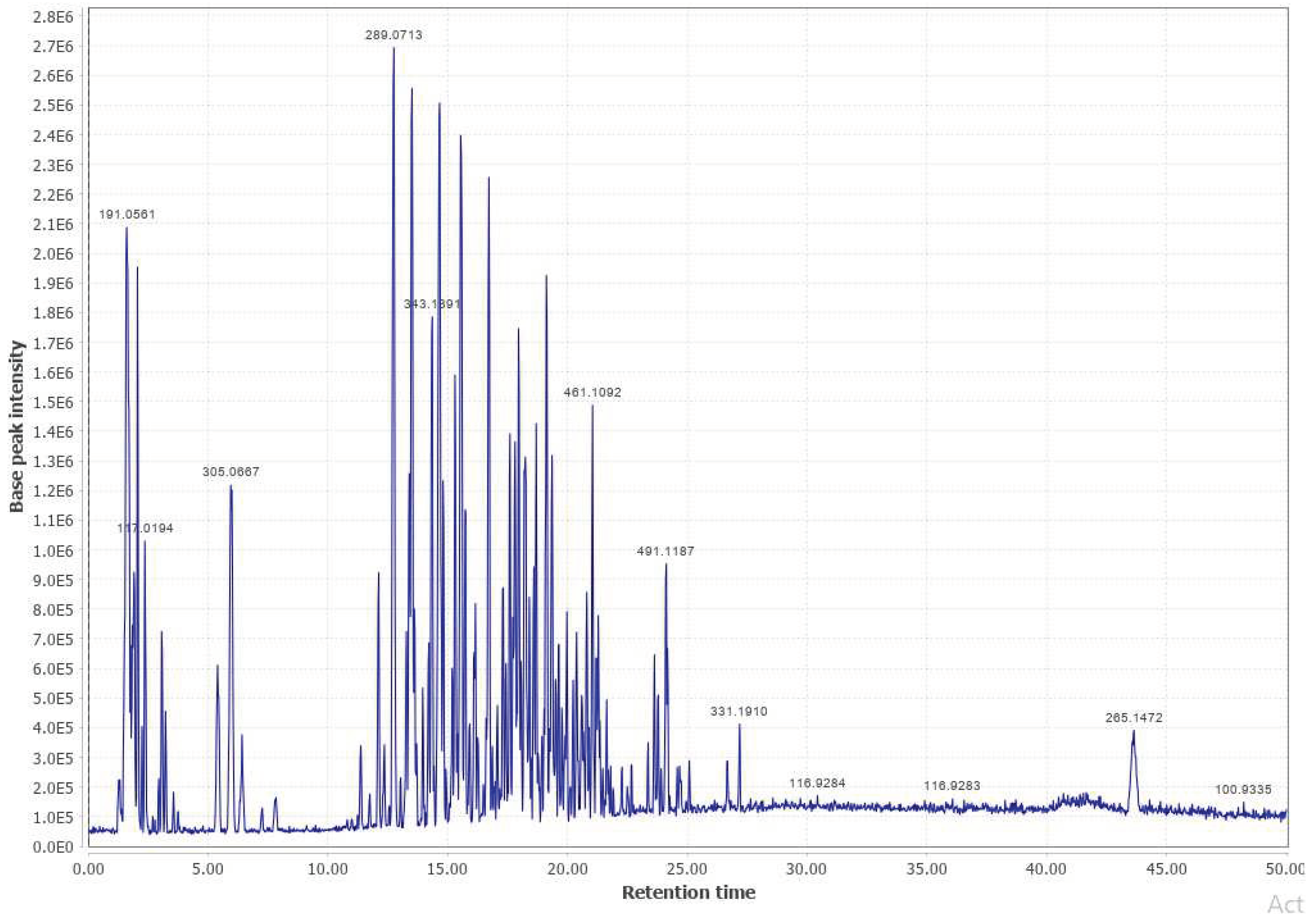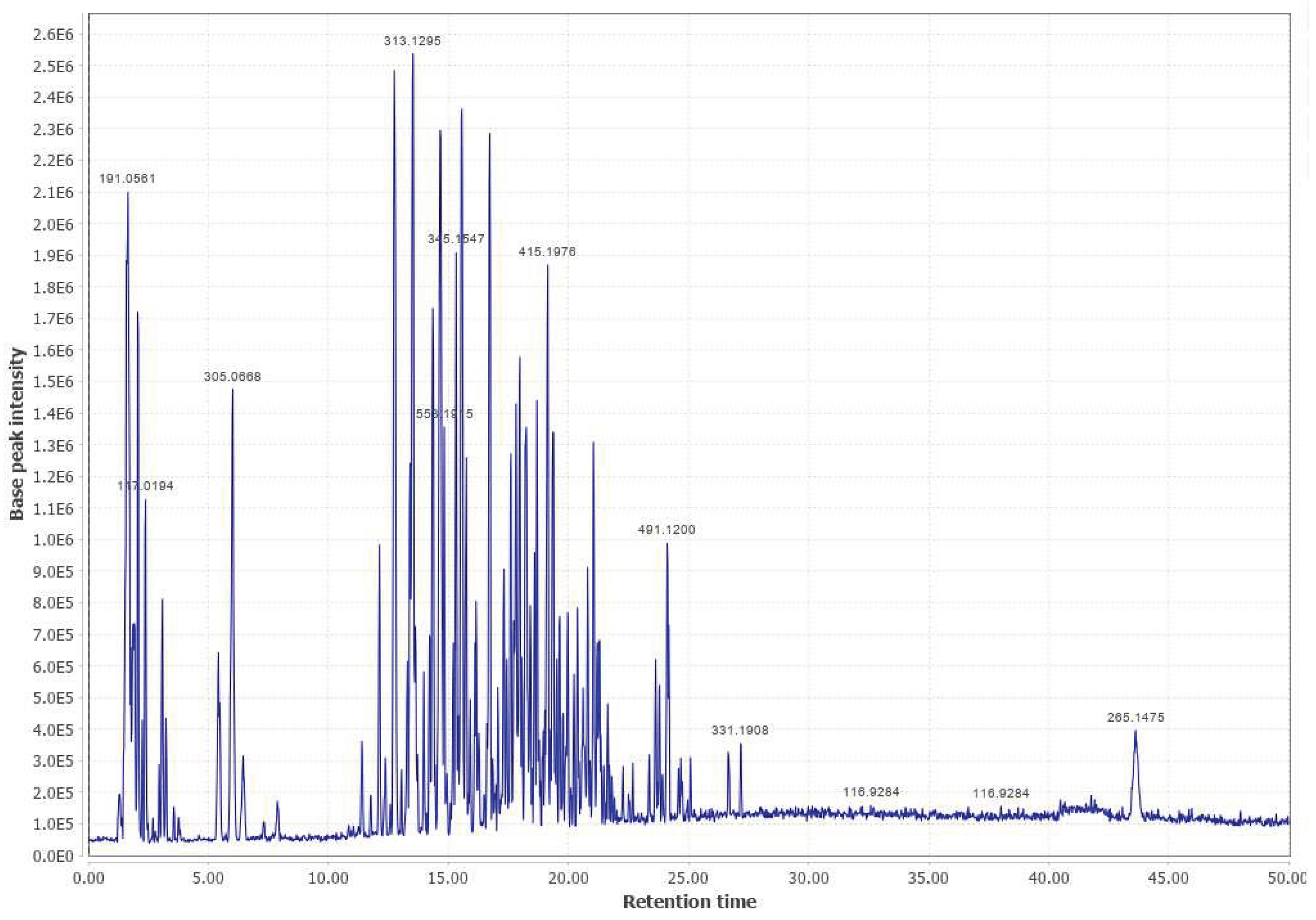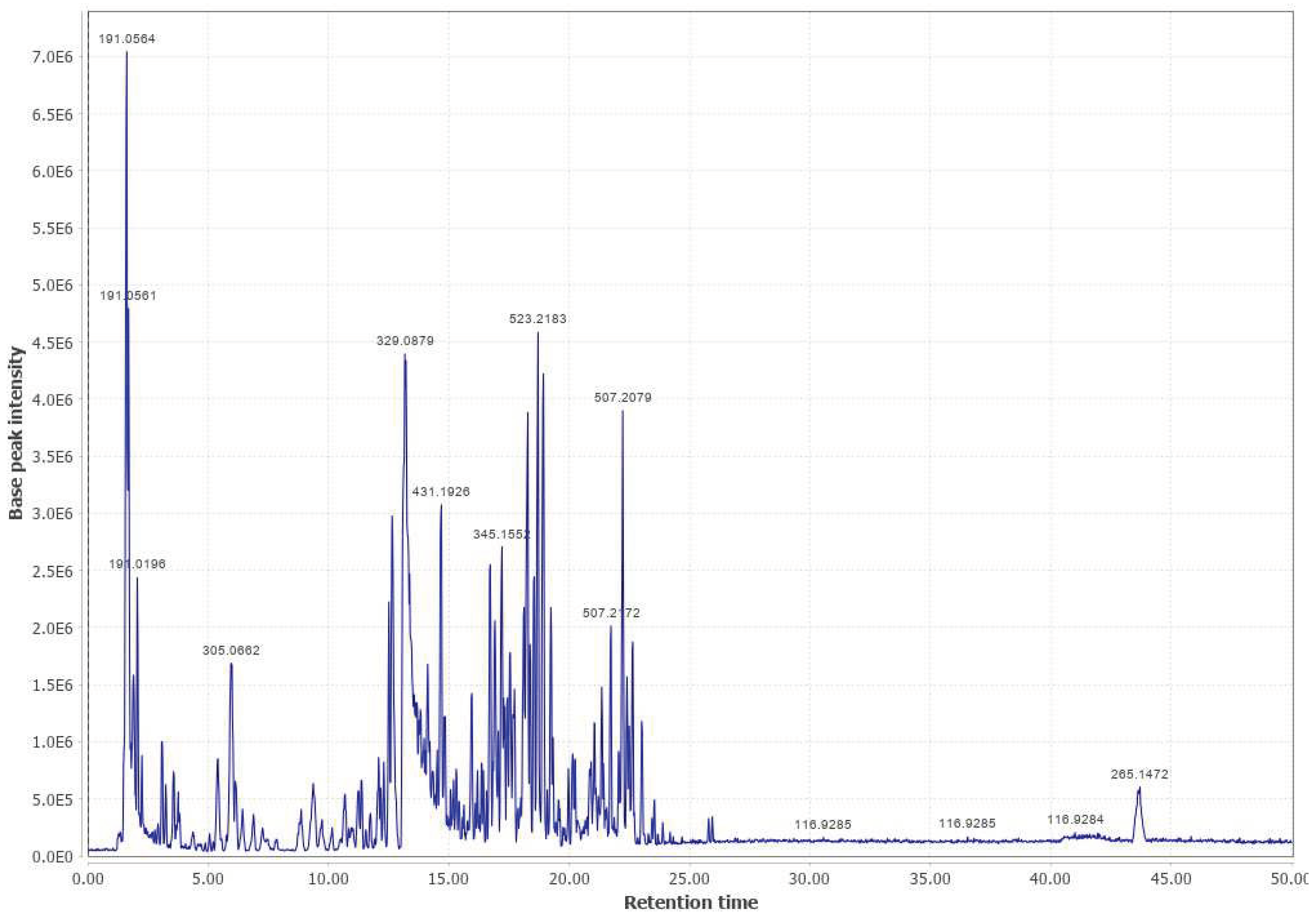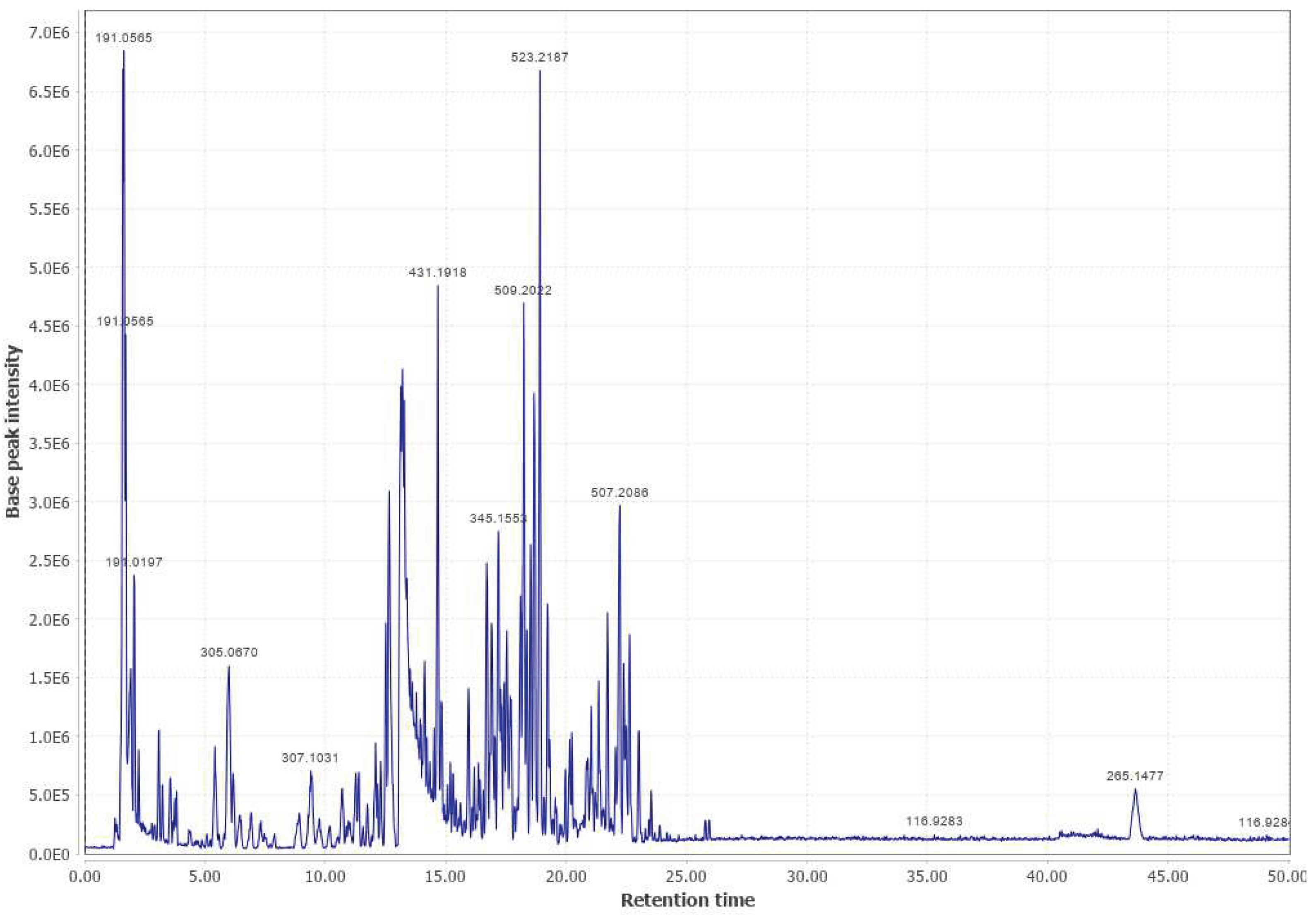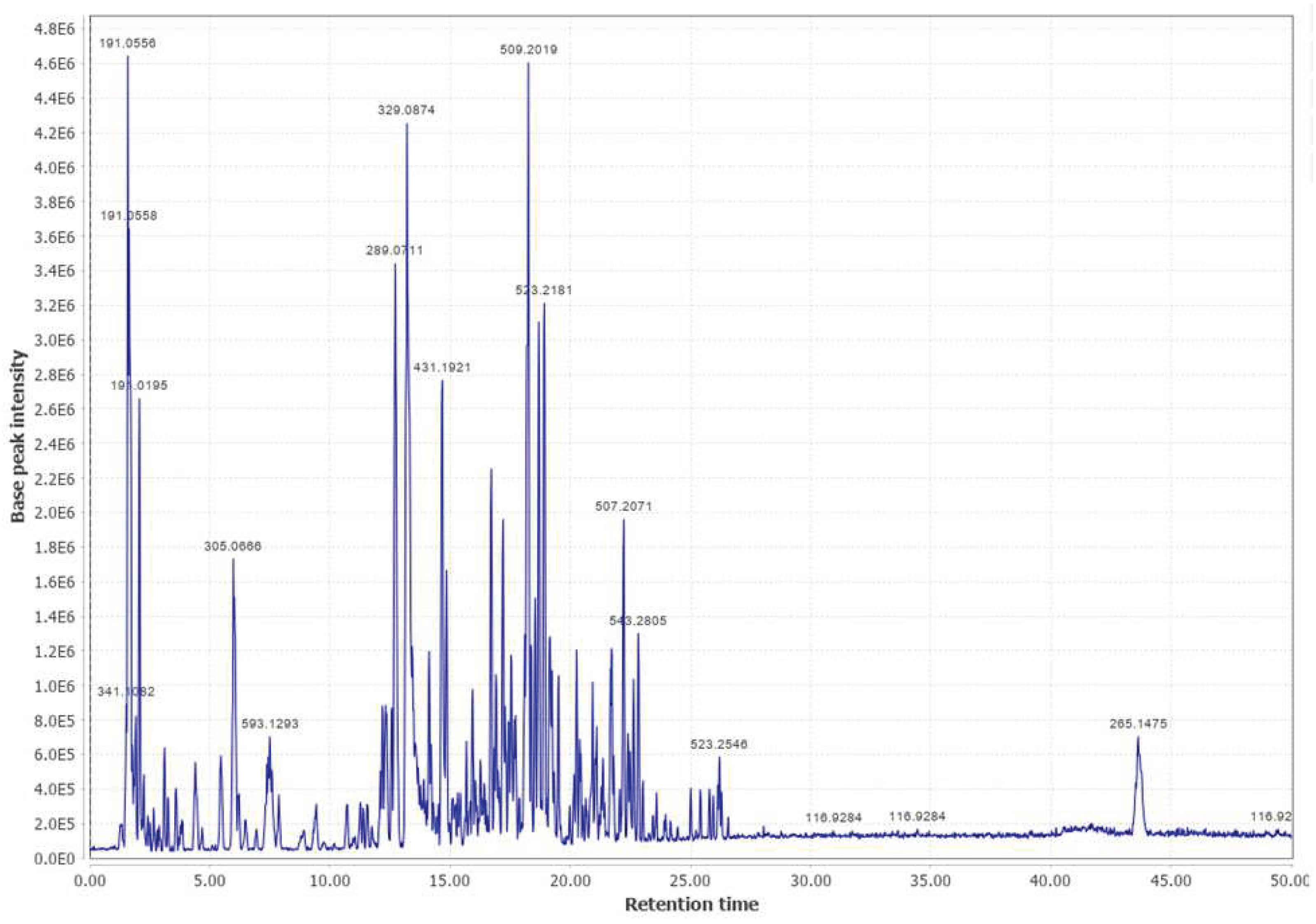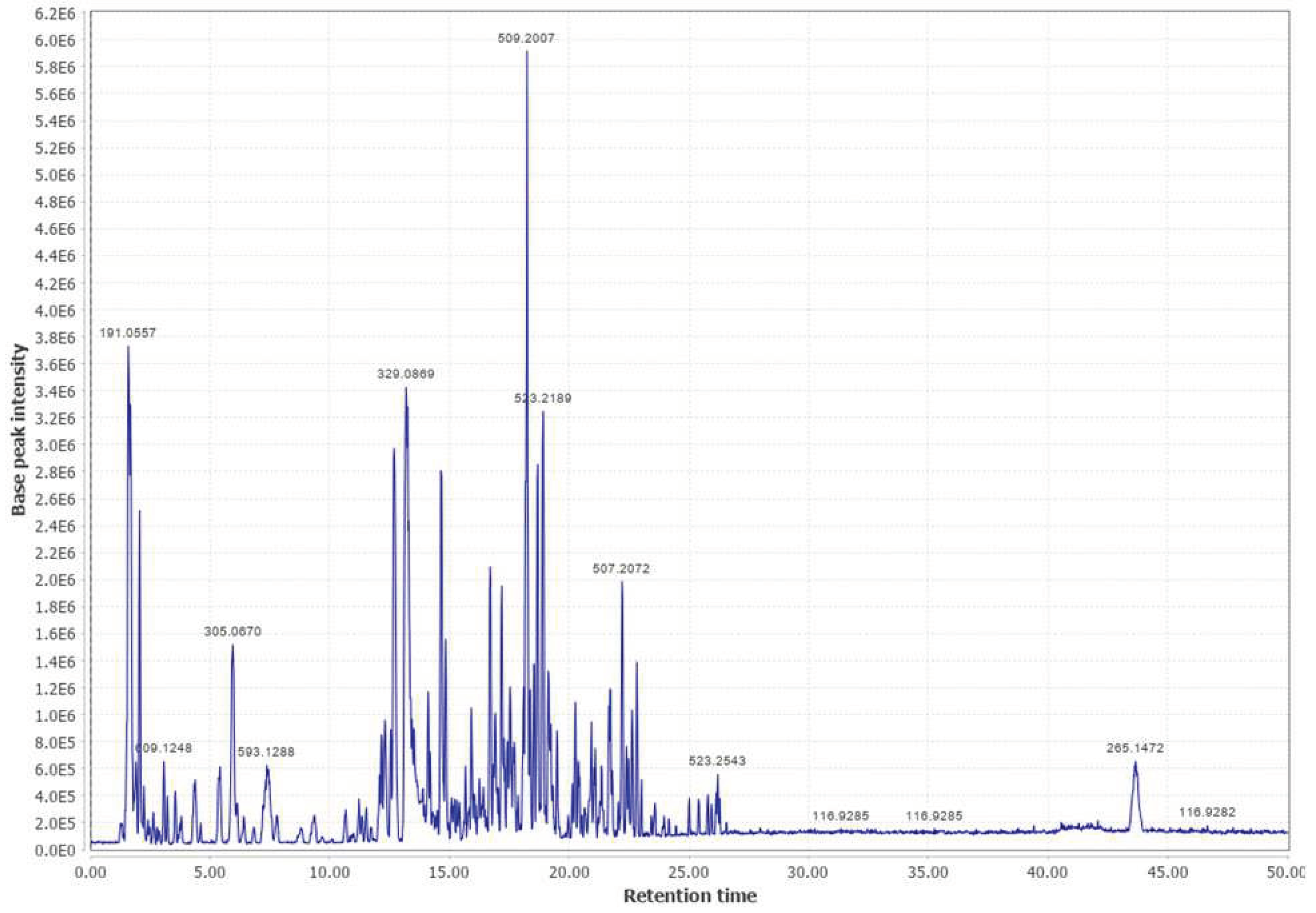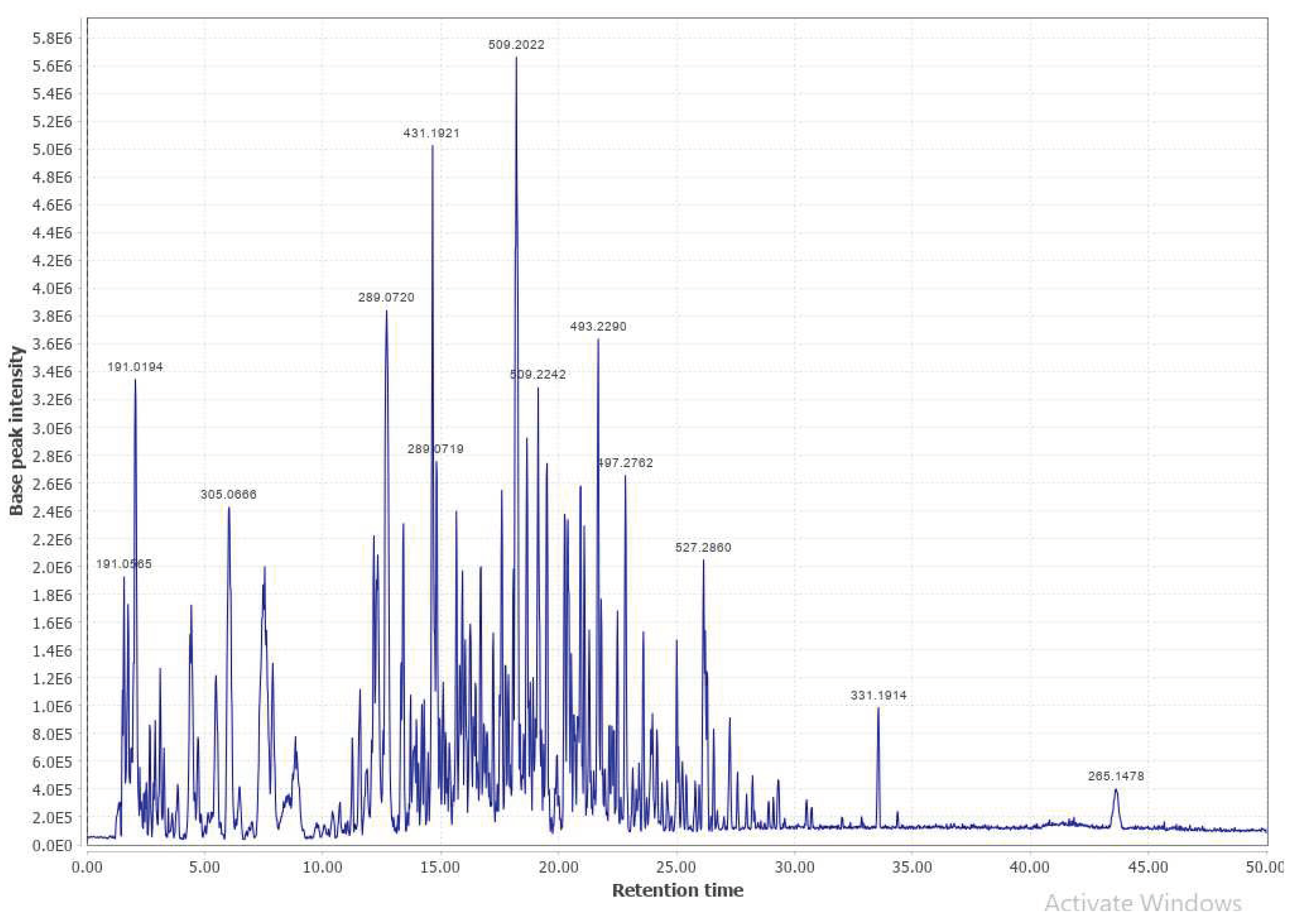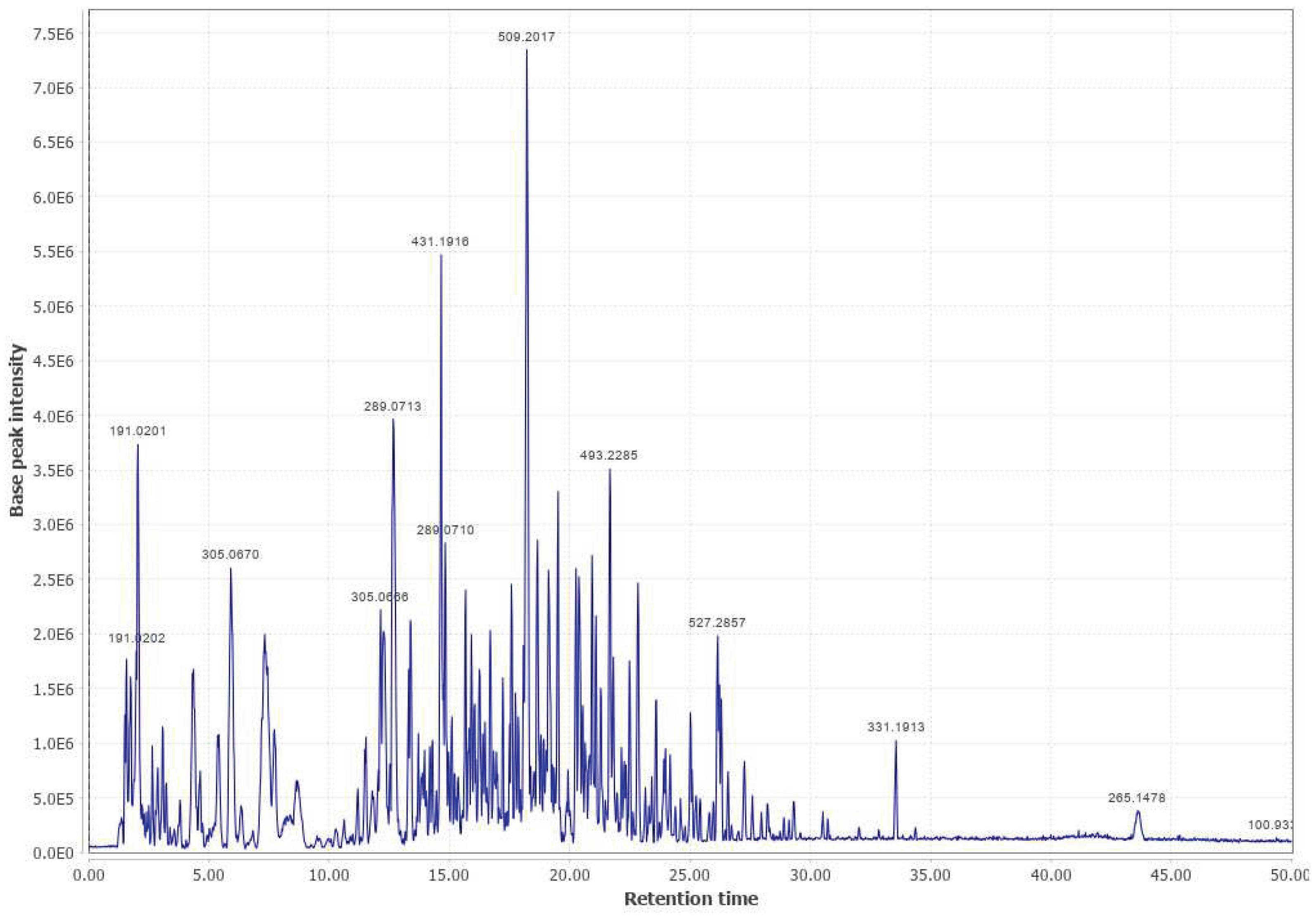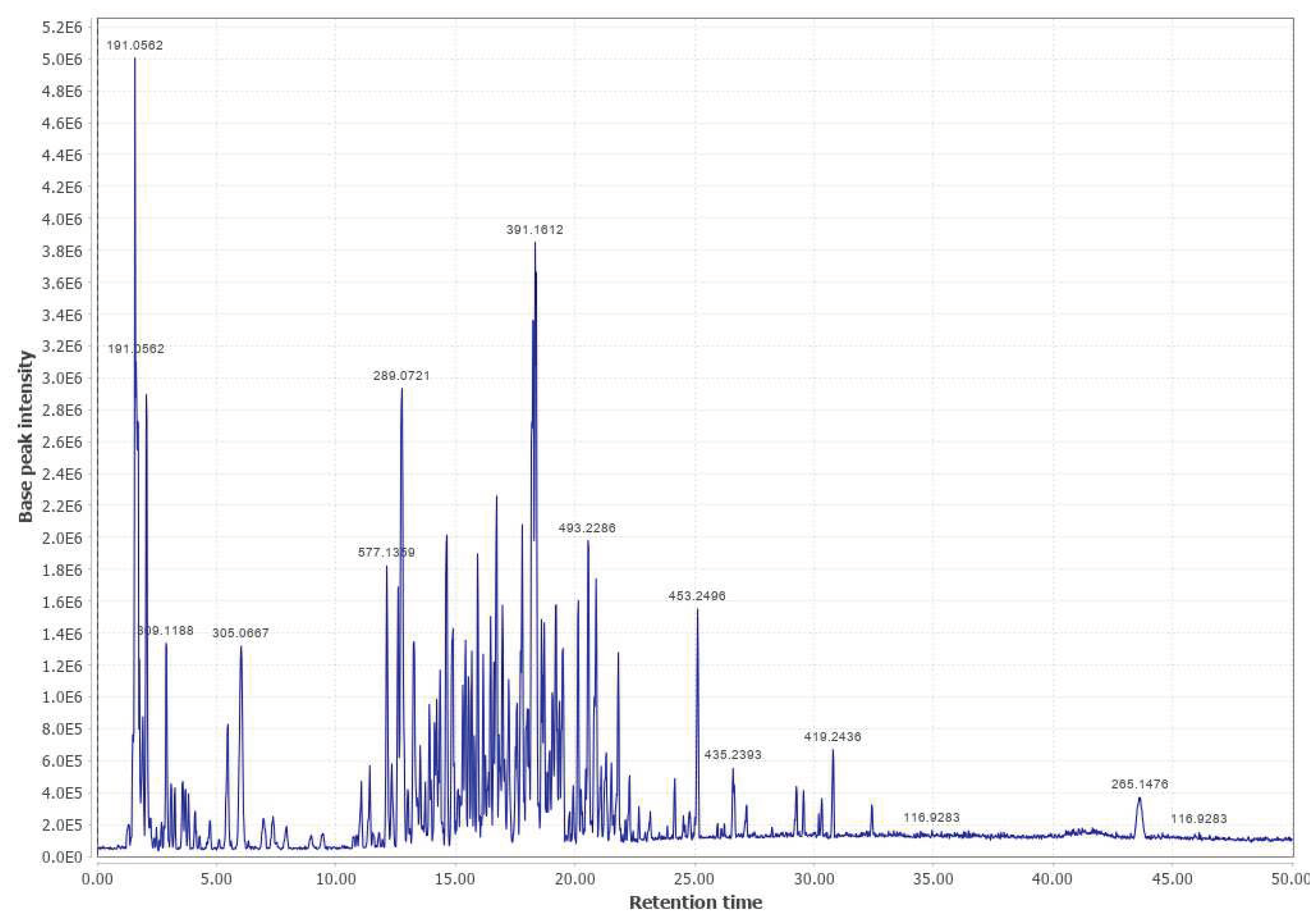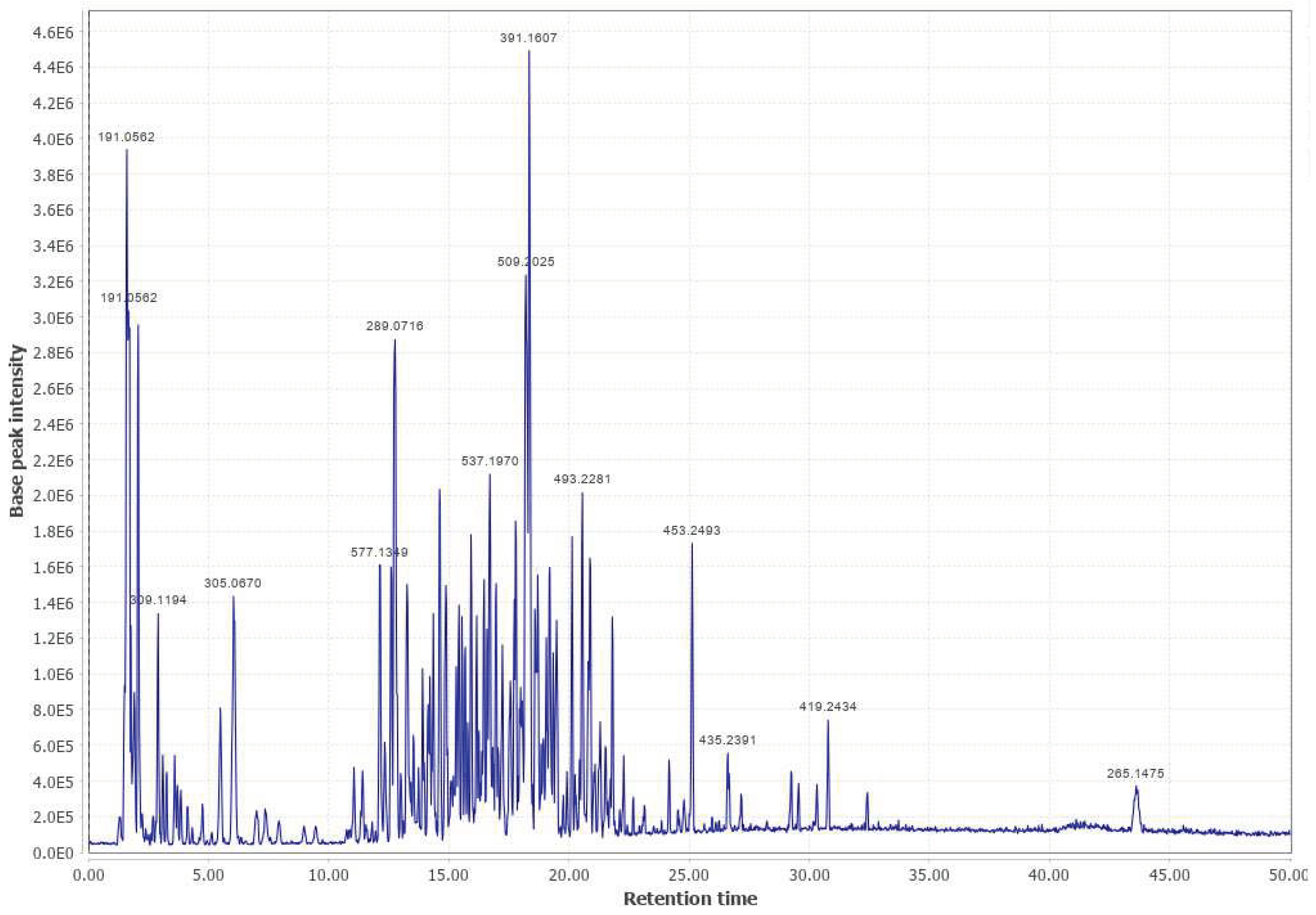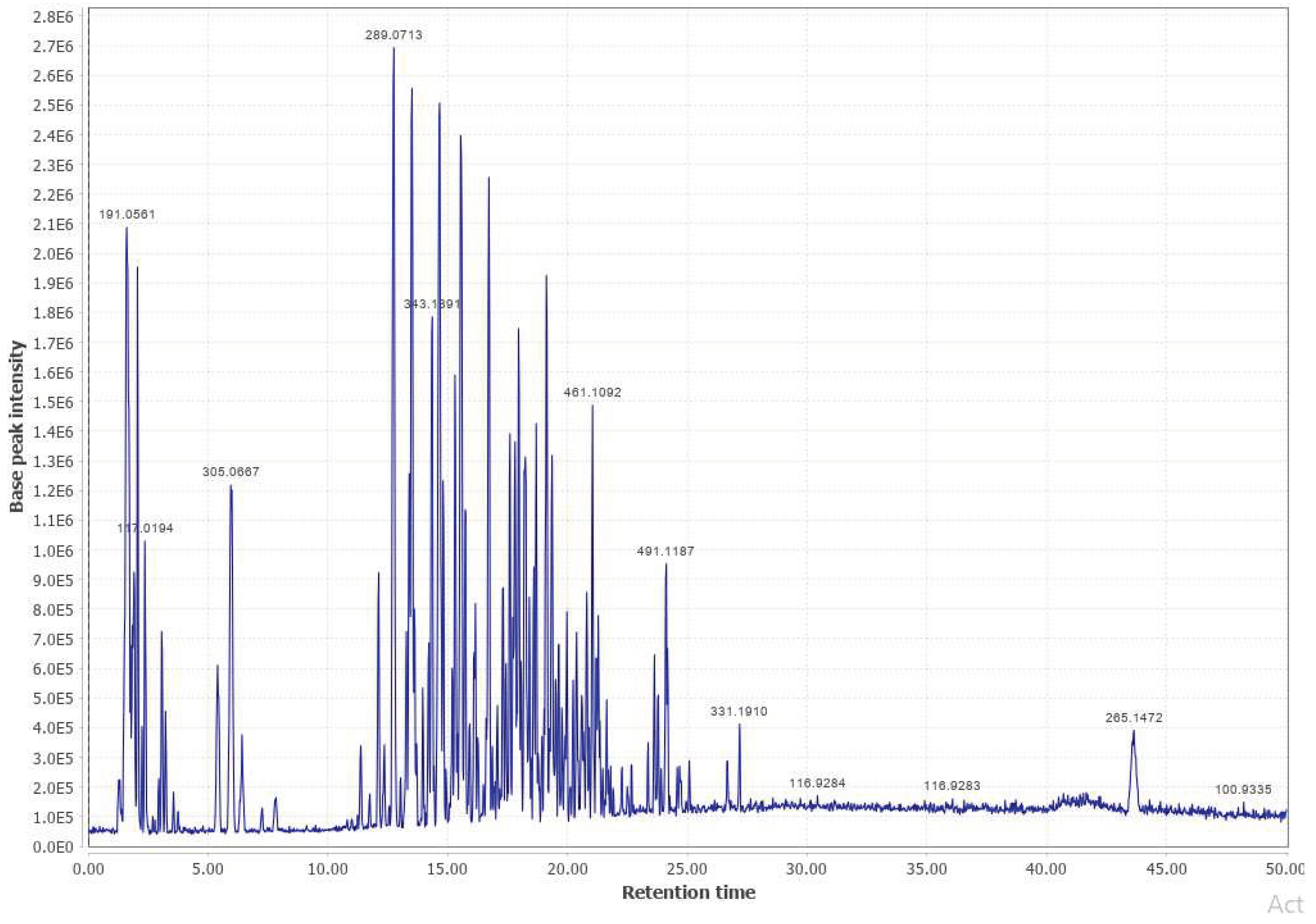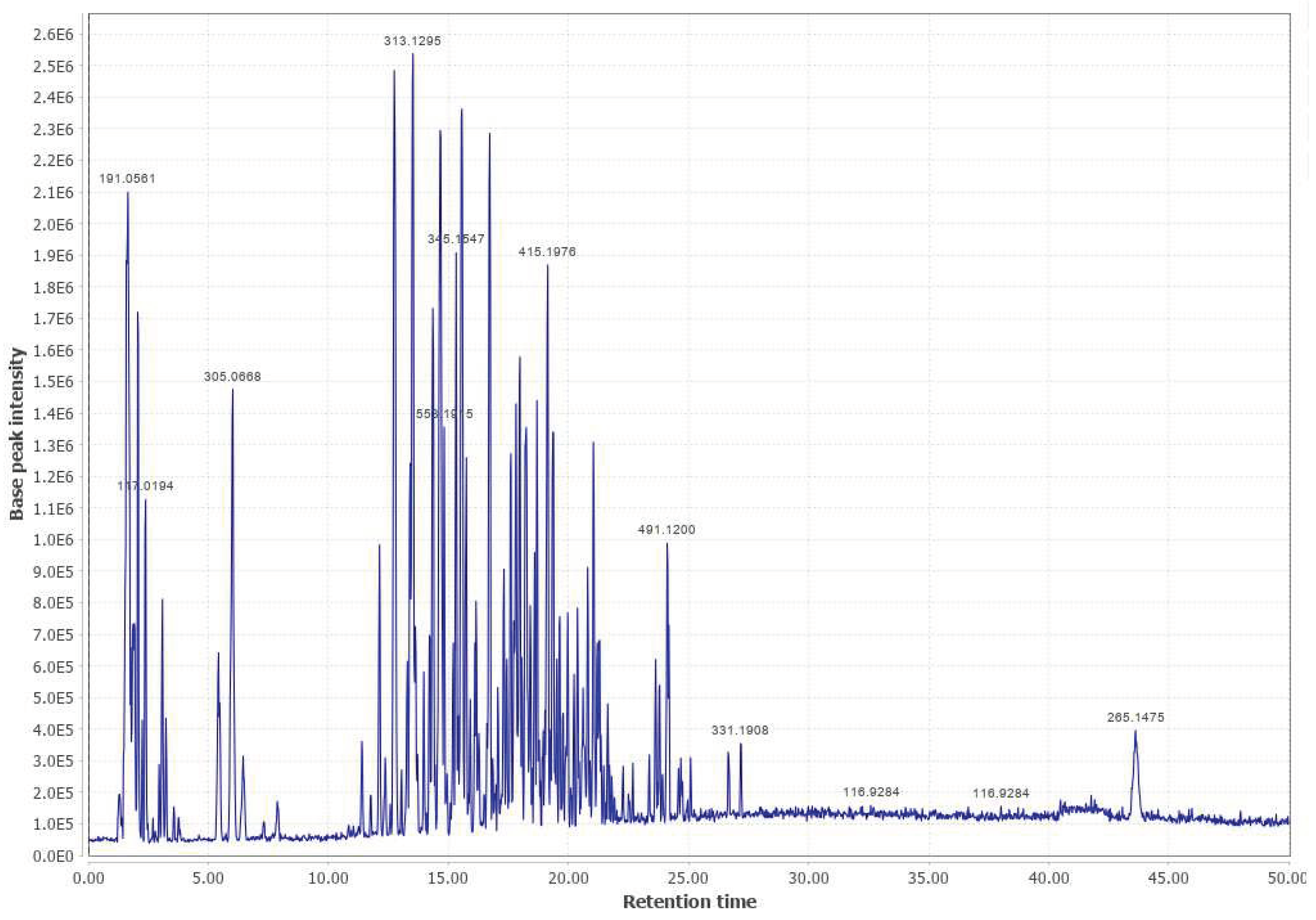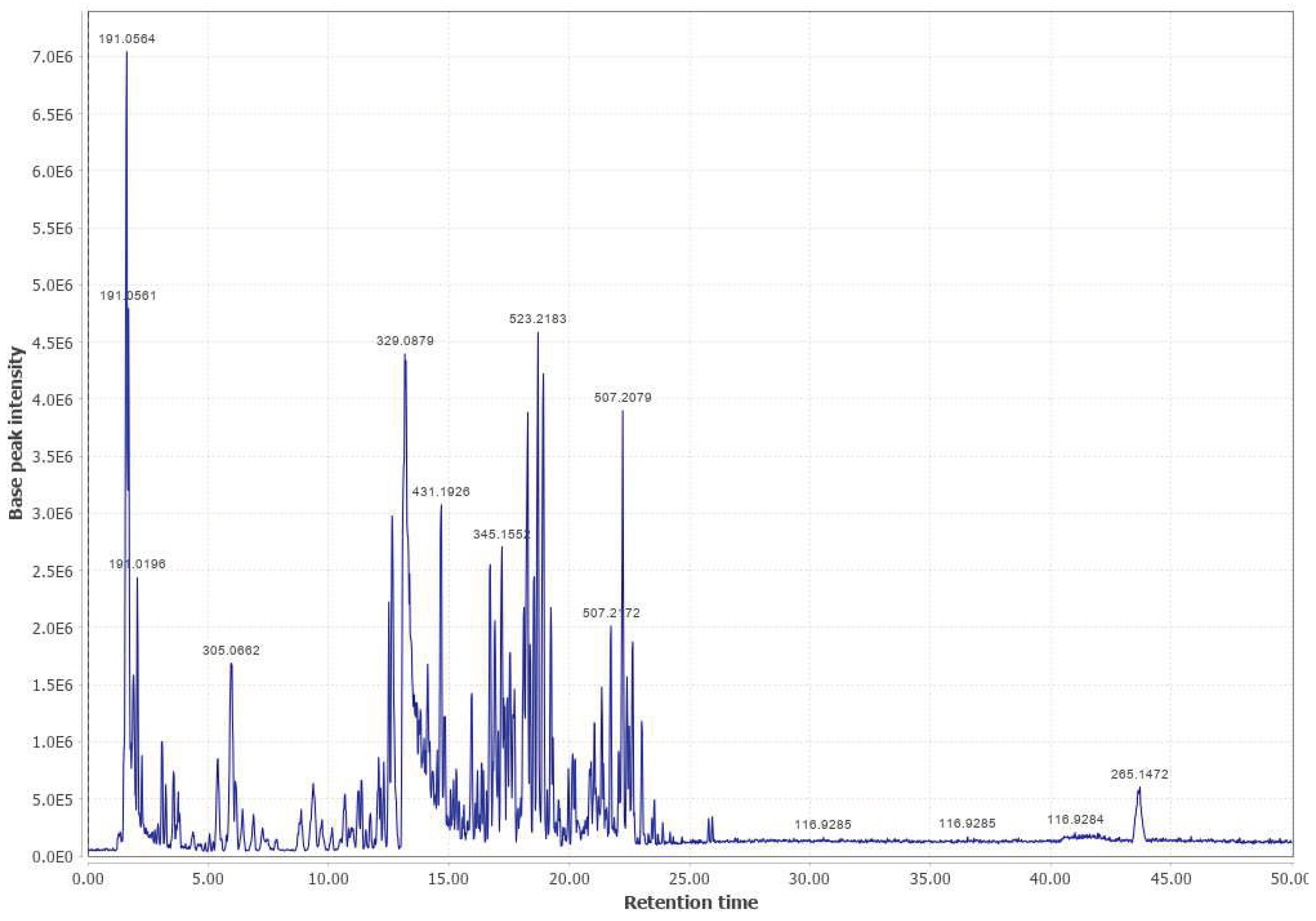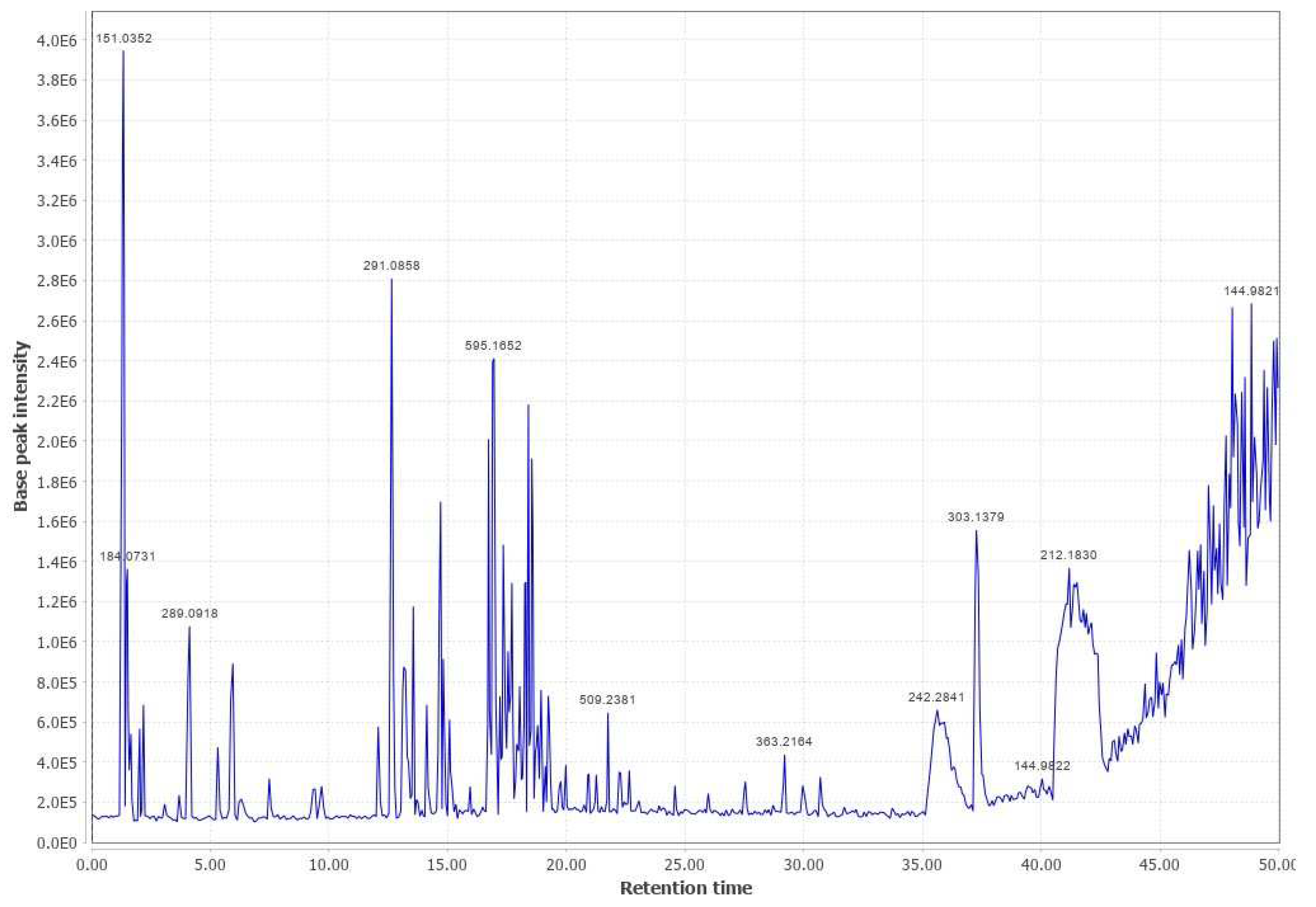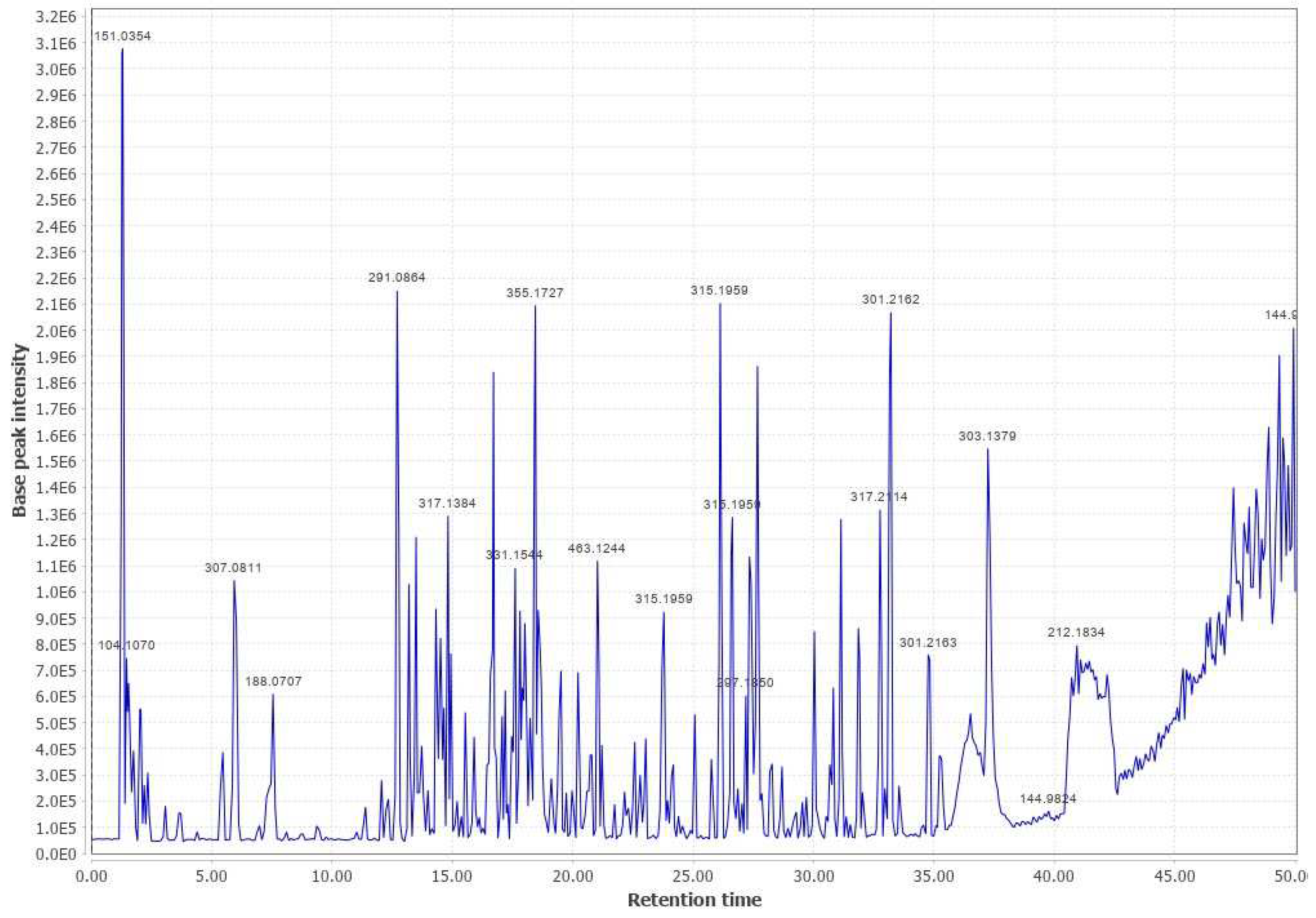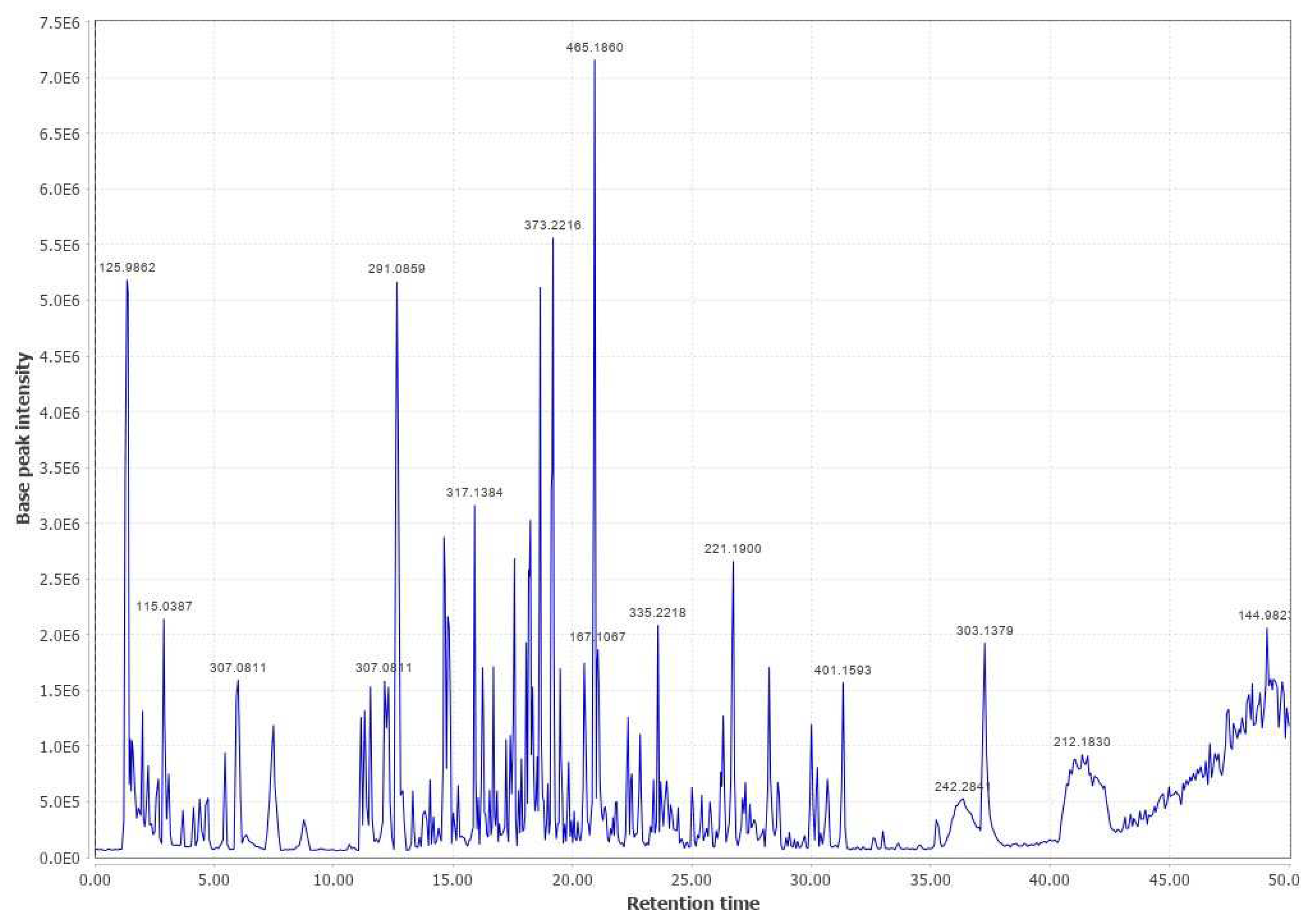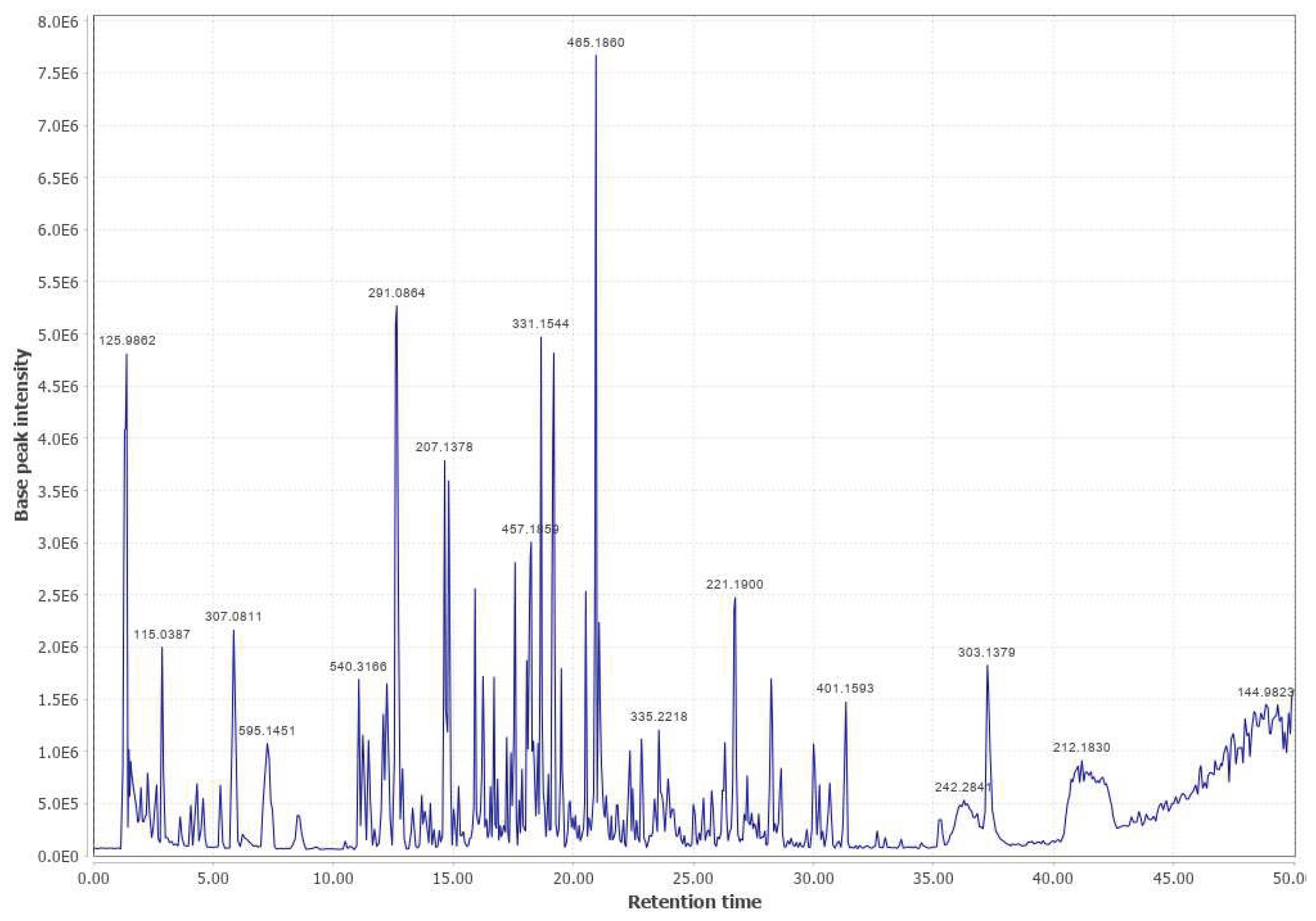1. Introduction
In the event of a naturally-occurring abrupt sunlight reduction scenario (ASRS) such as super volcanic eruption and asteroid or comet impact [
1], or an anthropogenic cause such as large-scale nuclear winter [
2] numerical simulations indicate an anticipated reduction in crop produced food calories of 90% [
3]. If this occurs there is likely to be widespread human starvation unless appropriate actions are taken [
4]. This could negatively affect the long-run trajectory of humanity [
5]. Planned responses from The Alliance to Feed the Earth in Disasters (ALLFED) and other groups include a rapid deployment of resilient or alternative foods [
6] such as, natural gas consuming single celled protein (SCP) [
7], conversion of fiber (plant material that humans cannot digest) via industrial methods such as cellulosic sugar [
8], macroalgae production, a two-step process involving partial decomposition from bacteria or fungi fed to animals and greenhouses to expand the potentially acceptable growing conditions [
9] could feasibly address a large portion of this food deficit [
10], providing a cost effective means to save lives [
4]. Additional resilient foods include wild edible plants [
11], hydrogen single cell protein [
12], electroactive bacteria produced vinegar[
13], chemical synthesis of glycerine [
14], rabbits [
15], and transforming petroleum wax into edible fat [
16].
Unfortunately, there is a difficult-to-overcome time window that occurs between when food stores would be likely to run out in many countries (~6 months or less depending on when the ASRS occurred) and ~1 year when the resilient foods are scaled up. In this gap time, leaf protein concentrate (LPC) has been proposed as a solution [
6]. The low-tech nature of LPC production and the potential for large amounts of tree-based biomass to be immediately available depending on the time of year at which the ASRS occurred indicates LPC could provide a source of calories to meet short term deficits while resilient foods scale. The vitamins of LPC would be a valuable addition to a resilient food diet [
17]. In summation, LPC from trees would complement existing resilient foods for an ASRS response by providing critical nutrients and access to a short-term food source during a high vulnerability period after the start of ASRS. Furthermore, since low-tech methods can suffice, LPC could be valuable in scenarios where there is loss of electricity/industry[
18]. Although there are several species, the predominant type of tree that would have non-wood biomass during all of the year outside the tropics are conifers. They are the dominant plants over large areas of land in the taiga of the Northern Hemisphere, but also in similar cool climates in mountains further south. Boreal conifers have adapted to survive in winter by shedding snow due to their shape and limb hanging angles. They also alter their biochemistry to make them more resistant to freezing. The immense conifer forests of the world represent the largest terrestrial carbon sink and thus the largest potential source of LPC.
Although it is possible to extract leaf protein concentrate (LPC) from tree biomass (e.g. leaves and needles), neither the yields nor the toxicity of the protein concentrates for humans from the most common tree species has been widely investigated. To help fill this knowledge gap, this study uses high-resolution mass spectrometry and an open source toolchain for non-targeted screening of toxins of five common North American coniferous including: 1) Western Cedar (WC), 2) Douglas Fir (DF), 3) Ponderosa Pine (PP), 4) Western Hemlock (WHL), and 5) Lodgepole Pine (LPP). The yields for LPC extraction from the conifers are quantified and the LPCs are screened for toxins. The results are presented and discussed in terms of the potential for coniferous trees to provide resilient food in a disaster and during normal times to reduce hunger and starvation. Future work is outline for what needs to occur before LPCs from conifers can be used as a human food.
2. Materials and Methods
2.1. Materials
Raw materials were acquired from the five common North-American conifer trees [
19]:
- 1)
Western Cedar is a native tree in North America [
10]. This tree is widespread from northern California to southeastern Alaska, and from McGregor River to western Montana and northern Idaho [
20]. Western cedar represented about 750 million cubic meters stock in British Columbia, 5 million seedlings were planted, and 1 percent of the stock was harvested annually in 2003 [
21].
- 2)
Douglas Fir is a native tree in temperate regions of western North America and non-native but widely planted in Europe [
22,
23]. This tree covered 2-3% of forests in several European countries in 2008 [
24] and are found in British Columbia [
25].
- 3)
Ponderosa Pine trees grow in the driest and warmest zones and are food for a wide range of animals that consume the tree seeds [
26]. They are one of the native widely distributed pine trees in North America [
27].
- 4)
Western Hemlock is a large evergreen native tree in North America and distributed in temperate rainforests [
28]. This tree is commercially famous because of its timber quality. It is used for construction and pulp and represented 34% of the log harvest volume in 2015 [
20].
- 5)
Lodgepole Pine is one of the native trees in North America [
29]. About 75 million lodgepole trees were planted annually British Columbia in 2002 [
30]. Native people used to consume the sweet succulent bark freshly or store it. Also, the pitch was used in many medicines in the past [
31].
2.2. Material Processing
The following procedure was followed for all of the five conifer species. Needles were cut into shorter lengths and either: blended in a food processor with water for 3 minutes (Lodgepole pine, Ponderosa pine, Western Red Cedar run 1, Western Hemlock), or passed through a meat grinder with processed residue, liquid and flushing water retained (Douglas Fir, Western Red Cedar run 2). Liquid from processed samples was separated from the mixture by passing through a woven polyester bag to yield a green liquid. Liquid was boiled for 3 minutes under until a curd formed on the surface. The majority of coagulated leaf protein was collected with a spoon. Smaller amounts of LPC, remained in suspended and were left to sediment for 30 – 60 minutes before liquid was decanted. Sedimented LPC was combined with skimmed LPC and dried using Crawford Kitchen- Professional Dehydrator
1.
The curd was skimmed off and put into a dehydrator set at 66°C (152°F) for 16 hours to yield a green solid. The following equation was used to calculate the yield (Y):
In this equation Mc is the mass of dried concentrate (g), and Ml is the mass of dried leaves (g).
2.3. LC/MS Instrumentation
An ultra-high-resolution hybrid ion trap orbitrap mass spectrometer (MS) instrument (Thermo Scientific Orbitrap Elite equipped with electrospray ionization (ESI)) coupled with an ultra-high-pressure two-dimensional liquid chromatograph (HPLC) system (Thermo Scientific Dionex Ultimate 3000 standard system) was used for the non-targeted toxic screening approach.
The HPLC was calibrated with Thermo Pierce calibration solution followed by diluting the LPC in water acetonitrile 80:20 (v:v) and filtering with a 0.2 µm quartz filter for LC/MS analysis. The analytical column was Phenomenex reversed-phase Kinetex XB-C18, 150 × 2.1 mm, 100 A˙, with 1.7 µm particle size [
33].
Mobile phase A and mobile phase B were 0.1% formic acid in 100% LC/MS grade water, and 0.1% formic acid in LC/MS grade acetonitrile–water 95:5 (v:v) solution respectively. The flow rate was constant equal to 0.2 mL/min and the mobile phase gradient was 0 min; 5%B, 5 min; 5%B, 65 min; 90%B, 70 min; 90%B. Mobile phase A was used to calibrate the column for 15 minutes. The column oven temperature was 35°C and the full loop injection volume was 5 µL. The resolving power was set 120 K at mass to charge ratio (m/z) 400. Positive and negative electrospray ionization modes (ESI+ and ESI-) were used for two separate LC/MS runs for samples. Full screen mode was used for recording the masses in 100-600 m/z ranges. Also, to identify co-eluting compounds, data-dependent MS/MS fragmentation was also recorded for the 5 tallest peaks on each spectral scan with a collision energy of 25 (arbitrary unit).
2.4. Data Analysis
An Open source software toolchain was used to analyze the samples. The software included mass spectrometry analysis with MZmine 2, formula assignment with MFAssignR, and data filtering with ToxAssign [
34]. ToxAssign worked by comparing the existing database of the OpenFoodTox Chemical Hazards achieved by the European Food Safety Authority [
35].
Based on the toxicity of toxic components, four classes are defined by the U.S. EPA. These classes include oral and dermal LD50 (lethal dose in 50% of test animals), inhalation LC50 (lethal air concentration in 50% of test animals), and the level of eye or skin irritation after contact [
36]. In
Appendix B, the class of characteristics for pesticides and other agents is shown. Agents in Category I are highly toxic and harmful by exposure [
36]. Those in category II are moderately toxic and harmful in the case of consuming or absorbing by the body [
36]. Those in category III are slightly toxic and could be harmful if exposed to a large quantity. Also, substrates in category IV have very low toxicity and are not harmful when not consumed in large quantities [
36]. Since Category I and II are more dangerous and toxic, the focus in this study is on these categories.
The toxicity tests were run for all five tree samples twice. In addition, for Western Cedar both the LPC and the viscous liquid were also tested. Finally, to start to gauge the repeatability of LPC extraction was repeated for the Ponderosa Pine samples. Differing mass spectra for the sample (shown in
Appendix A) generally resulted from small changes in sensitivity parameters. Assuming the distinct peaks (those with listed values) are the same across samples, high confidence can be had in the initial mass spectrometry analysis.
3. Results
The results for each of 5 trees for both yield and toxic analysis are detailed below. The total ion chromatograms are available in
Appendix A for all LPC analyzed in
Figure A1,
Figure A2,
Figure A3,
Figure A4,
Figure A5,
Figure A6,
Figure A7,
Figure A8,
Figure A9,
Figure A10,
Figure A11,
Figure A12,
Figure A13,
Figure A14,
Figure A15,
Figure A16,
Figure A17,
Figure A18,
Figure A19,
Figure A20,
Figure A21 and
Figure A22 for both the positive and negative ionization. There are also two runs of tests for each tree. Analysis of each tree and differences for each run are explained in separated sections in the following.
3.1. Western Cedar
The parameters considered for cedar are shown in Table 2. The dry yield is 2.07% of the original dry mass.
The first run was performed using a food processor type blender. When separating the liquid from the fiber mass the liquid obtained appeared more viscous having a slightly gelatinous/syrupy consistency. When boiled the ability for the protein to coagulate into a layer was significantly reduced yielding little to no layer of LPC. Attempts to isolate protein through cooling and resting to induce sedimentation were also ineffective, resulting in minimal isolated protein. A meat grinder type processor was used in the second run. The second run also failed to see coagulation of leaf protein. A combination of partially sedimented large portion of protein and liquid was dried to yield a crystalline solid. This crystalline solid likely contained protein and water-soluble solids and rheology-altering compounds.
Table 1.
Yield and sample preparation data for WC #1.
Table 1.
Yield and sample preparation data for WC #1.
| Sample |
WC#1 |
| Wet weight of leaf (g wet biomass) |
50.01 |
| LPC drying paper weight (g) |
2.33 |
| Fiber Mass drying paper weight (g) |
1.79 |
| Drying time (hours) |
16 |
| Heating time (minutes) |
3.0 |
| Blending time (minutes) |
3.0 |
| Paper + Fiber Mass (g dry) |
23.59 |
| Fiber Mass (g dry) |
21.8 |
| Fiber Mass yield (% dry fiber mass to dry leaf weight) |
81.89% |
| Paper + LPC (g dry) |
2.88 |
| LPC (g dry) |
0.55 |
| LPC yield % (dry LPC to dry leaf weight) |
2.07% |
Cedar returned multiple toxins in class 1 and 2 seen in Table 3 for the first run and the second run.
Table 2.
Toxic compound screening results for WC #1 samples.
Table 2.
Toxic compound screening results for WC #1 samples.
| Material |
Class |
Toxin (in ESI+ or ESI-) |
Run 1 |
Run 2 |
| WC #1 |
Toxic Class 1 |
Alternariol monomethyl ether (+,-) |
✓ |
✓ |
| 4-Vinylphenol (-) |
✓ |
✓ |
| HT-2 Toxin (-) |
✓ |
✓ |
| T-2 Toxin tetraol (-) |
✓ |
- |
| Toxic Class 2 |
Deoxynivalenol 3-glucoside (-) |
✓ |
✓ |
Table 3.
Toxic compound screening results for WC #2 samples.
Table 3.
Toxic compound screening results for WC #2 samples.
| Material |
Class |
Toxin (in ESI+ or ESI-) |
Run 1 |
Run 2 |
| WC #2 LPC (+) |
Toxic Class 1 |
4-Vinylphenol (+,-) |
✓ |
✓ |
| Alternariol monomethyl ether (+,-) |
✓ |
✓ |
| Aflatoxin M1 (-) |
✓ |
✓ |
| HT-2 Toxin (+) |
✓ |
✓ |
| T-2 Toxin tetraol (-) |
✓ |
- |
| Altenuene (+) |
✓ |
- |
| Neosolaniol (+) |
- |
✓ |
| Toxic Class 2 |
Deoxynivalenol 3-glucoside (+,-) |
✓ |
✓ |
| Aflatoxin G1 (-) |
✓ |
✓ |
| 15-Acetyldeoxynivalenol (-) |
✓ |
✓ |
| Glutaraldehyde (+) |
✓ |
✓ |
| Carbofuran (+) |
✓ |
✓ |
| 2-Acetylfuran (+) |
✓ |
- |
| Anguidine (-) |
- |
✓ |
| Nivalenol (+) |
- |
✓ |
As can be seen by comparing
Table 3 and
Table 4, there are far more toxic compounds found in the viscose liquid than in the LPC.
Table 4.
Yield and sample preparation data for DF.
Table 4.
Yield and sample preparation data for DF.
| Sample |
DF |
| Wet weight of leaf (g wet biomass) |
50.2 |
| LPC drying paper weight (g) |
1.27 |
| Fiber Mass drying paper weight (g) |
1.55 |
| Drying time (hours) |
16 |
| Heating time (minutes) |
3.0 |
| Blending time (minutes) |
3.0 |
| Paper + Fiber Mass (g dry) |
19.6 |
| Fiber Mass (g dry) |
18.05 |
| Fiber Mass yield (% dry fiber mass to dry leaf weight) |
61.65% |
| Paper + LPC (g dry) |
1.58 |
| LPC (g dry) |
0.31 |
| LPC yield % (dry LPC to dry leaf weight) |
1.06% |
Alternariol monomethyl ether found in the results is a mycotoxin which is known to be mutagenic and genotoxic, but it is not very acutely toxic [
37]. Mycotoxins can cause a range of symptoms based on the dosage, exposure, and other conditions [
38]. 4-Vinylphenol is a natural product driven from hydride of a styrene [
39] and has a potent cytotoxicity [
40]. This chemical is found in wine and because of that, it is assumed that it is not harmful for humans when consumed in small amounts [
41], but needs to be quantified. Moreover, T-2 Toxin tetraol and HT-2 are mycotoxin and are byproducts of naturally occurring fungi in soil and on plants. The concentration of HT-2 toxin is two-thirds the sum of T-2 toxin tetraol and HT-2 toxin concentration [
42]. These two chemicals are potentially harmful for humans if they are orally consumed, inhaled, and dermally exposed [
42]. They, however, unavoidably exist in human foods including wheat, rye, and cereals and the permitted content of these toxins in human food are determined in some countries [
43]. In this regard, the daily exposure, E, level to T-2 and HT-2 toxins are calculated as shown in equation 1 [
43]:

Where c is the toxin concentration in samples (µg/kg), d is the daily consumption of the sample (g/day/person) and w is the mean body weight of the person (kg/person).
Deoxynivalenol 3-glucoside, a toxin from class 2, is a masked mycotoxin that has a drastically decreased toxicity in the intestines [
44], [
45].
3.1.1. Western Cedar and viscose liquid (WC #2 LPC (+))
The parameter used for Western Cedar and viscose liquid are shown in Table 3.
3.2. Douglas Fir (DF)
Douglas Fir LPC parameters can be seen in Table 4. The LPC yield is 1.06%.
The toxic compounds are shown in Table 5.
Table 5.
Toxic compound screening results for DF samples.
Table 5.
Toxic compound screening results for DF samples.
| Material |
Class |
Toxin (in ESI+ or ESI-) |
Run 1 |
Run 2 |
| DF |
Toxic Class 1 |
Alternariol monomethyl ether (+,-) |
✓ |
✓ |
| 4-Vinylphenol (+,-) |
✓ |
✓ |
| Toxic Class 2 |
T-2 Toxin tetraol (-) |
- |
✓ |
| 15-Acetyldeoxynivalenol (-) |
✓ |
✓ |
| Dimethyl dicarbonate (-) |
✓ |
- |
Except HT-2 Toxin and Deoxynivalenol 3-glucoside, the Douglas Fir has the same toxins as Western Cedar along with 15-Acetyldeoxynivalenol and Dimethyl dicarbonate. 15-Acetyldeoxynivalenol is a mycotoxin related to a deoxynivalenol with acute toxicity [
46] Dimethyl dicarbonate is an acute toxin chemical which is a organooxygen compound. This compound is used for sterilizing soft drinks and wines [
47].
3.3. Ponderosa Pine (PP)
The Ponderosa Pine LPC parameters are shown in Table 6 and the average of LPC yield is calculated as 3.05%. The LPC yield is shown to have a large variation in values indicating that future work should consider a high number of experiments under various conditions and tool sets to get a reliable estimate for the average LPC yield that could be expected globally during a disaster.
Table 6.
Yield and sample preparation data for PP.
Table 6.
Yield and sample preparation data for PP.
| Sample |
#1 |
#2 |
Average |
| Wet weight of leaf (g wet biomass) |
50 |
50 |
50 |
| LPC drying paper weight (g) |
2.1 |
1.9 |
2.0 |
| Fiber Mass drying paper weight (g) |
2.12 |
2.60 |
2.36 |
| Drying time (hours) |
14 |
14 |
14 |
| Heating time (minutes) |
3.0 |
3.0 |
3.0 |
| Blending time (minutes) |
3.0 |
3.0 |
3.0 |
| Fiber Mass (g dry) |
20.58 |
20.58 |
20.58 |
| Fiber Mass yield (% dry fiber mass to dry leaf weight) |
78.12% |
78.12% |
78.12% |
| Paper + LPC (g dry) |
3.01 |
2.59 |
2.85 |
| LPC (g dry) |
0.91 |
0.7 |
0.80 |
| LPC yield % (dry LPC to dry leaf weight) |
3.45% |
2.66% |
3.05% |
Ponderosa Pine returned multiple toxic compounds in class 1 and class 2 which are shown in
Table 7.
Except H-2 Toxin tetraol, the same toxins found in Western Cedar were found in Ponderosa Pine along with Altenuene and Dimethyl dicarbonate. Altenuene, a metabolite of alternariol, is a mycotoxin and is not very acutely toxic [
37].
3.4. Western Hemlock (WHL)
The LPC parameters for Western Hemlock samples are shown in Table 8. The LPC yield is 7.29%.
Table 8.
Yield and sample preparation data for WHL.
Table 8.
Yield and sample preparation data for WHL.
| Sample |
WHL |
| Wet weight of leaf (g wet biomass) |
42.7 |
| LPC drying paper weight (g) |
0.97 |
| Fiber Mass drying paper weight (g) |
2.52 |
| Drying time (hours) |
16 |
| Heating time (minutes) |
3.0 |
| Blending time (minutes) |
3.0 |
| Paper + Fiber Mass (g dry) |
18.4 |
| Fiber Mass (g dry) |
15.88 |
| Fiber Mass yield (% dry fiber mass to dry leaf weight) |
74.71% |
| Paper + LPC (g dry) |
2.52 |
| LPC (g dry) |
1.55 |
| LPC yield % (dry LPC to dry leaf weight) |
7.29% |
Table 9 represents the toxic compounds in Western Hemlock.
Table 9.
Toxic compound screening results for PP samples.
Table 9.
Toxic compound screening results for PP samples.
| Material |
Class |
Toxin (in ESI+ or ESI-) |
Run1 |
Run 2 |
| Western Hemlock |
Toxic Class 1 |
Alternariol monomethyl ether (+,-) |
✓ |
✓ |
| 4-Vinylphenol (+,-) |
✓ |
✓ |
| Toxic Class 2 |
Carbofuran (+) |
✓ |
|
| Aflatoxin B2 (-) |
- |
✓ |
| Deoxynivalenol 3-glucoside (-) |
- |
✓ |
| Dimethyl dicarbonate (-) |
- |
✓ |
Except T-2 Toxin and Altenuene, Western Hemlock has the same toxin as Ponderosa Pine along with Carbofuran and Aflatoxin B2. All of aflatoxins are mycotoxins. One of the most common Aflatoxins, Aflatoxin B2 is considered to be much less toxic than Aflatoxin B1 [
48]. Generally, aflatoxins are unsafe only for people who are exposed to this chemical continuously including agricultural workers [
49]. Carbofuran is a common pesticide and one of the most toxic pesticides of its class. It is “fairly persistent in soil and water ecosystems” [
50].
3.5. LodgePole Pine (LPP)
The parameter used for Lodgepole Pine are shown in Table 10 with LPC yield was 2.55%.
Table 10.
Yield and sample preparation data for LPP.
Table 10.
Yield and sample preparation data for LPP.
| Sample |
LPP |
| Wet weight of leaf (g wet biomass) |
50.27 |
| LPC drying paper weight (g) |
1.26 |
| Fiber Mass drying paper weight (g) |
2.07 |
| Drying time (hours) |
16 |
| Heating time (minutes) |
3.0 |
| Blending time (minutes) |
3.0 |
| Paper + Fiber Mass (g dry) |
22.1 |
| Fiber Mass (g dry) |
20.03 |
| Fiber Mass yield (% dry fiber mass to dry leaf weight) |
23% |
| Paper + LPC (g dry) |
2 |
| LPC (g dry) |
0.74 |
| LPC yield % (dry LPC to dry leaf weight) |
2.55% |
The toxic compound results for LPP are shown in Table 11.
Table 11.
Toxic compound screening results for LPP samples.
Table 11.
Toxic compound screening results for LPP samples.
| Material |
Class |
Toxin (in ESI+ or ESI-) |
Run 1 |
Run2 |
| LPP |
Toxic Class 1 |
Alternariol monomethyl ether (+,-) |
✓ |
✓ |
| 4-Vinylphenol (-) |
✓ |
✓ |
| Aflatoxin M1 (-) |
- |
✓ |
| Toxic Class 2 |
Dimethyl dicarbonate (-) |
✓ |
✓ |
| Deoxynivalenol 3-glucoside (+) |
✓ |
✓ |
| Aflatoxin G1 (-) |
- |
✓ |
| 2-Acetylfuran (+) |
✓ |
- |
Except Altenuene and T-2 Toxin found in Ponderosa Pine, the same toxins are found in LodgePole Pine along with Aflatoxin M1, Aflatoxin G1, and 2-Acetylfuran. Aflatoxin G1, which is one of the most common Aflatoxin is considered to be much less toxic than Aflatoxin B1. Also, Aflatoxin M1 which is a common metabolite is even less toxic than Aflatoxin G1 [
48]. 2-Acetylfuran which is returned in the second run and is a toxic class 2 is toxic if consumed [
51].
4. Discussion
All of the yields for LPCs are summarized in
Table 12, where values ranged from 1 to 7%. These are somewhat low as compared to agriculture residue LPC and other LPCs. In one study of agricultural residue LPC, yield values ranged from 7%-14.5% [
52]. Additional studies of various agricultural products and other common tropical, subtropical, and temperate vegetation showed yield values ranging from 2%-9% [
53]. Overall, needles (fir, ponderosa, lodgepole) were extremely difficult to blend using a food processor, because of the length and cylindrical nature of the needles as well as the needle fibers are extremely tough and fibrous. The result was the needles often bounced off the yield blades and were not processible with the meat grinder. The cedar was comparatively easy to blend but has some compounds with rheological modifying properties because they formed a soapy, gelatinous type texture that was difficult to separate. The consistency of the liquid ended up making it difficult to isolate the protein, which appeared to be suspended as very small coagulate chunks in the liquid. The hemlock's small leaves were much more like 'crop' leave in terms of toughness and texture, though they had to be stripped from small branches, which was time intensive.
Table 12.
Summary of residues yields and average yields.
Table 12.
Summary of residues yields and average yields.
| Tree |
Yield % (Dry LPC / Dry Leaf weight) |
| Western Cedar |
2.07 |
| Douglas Fir |
1.06 |
| Ponderosa Pine |
3.05 (2.66-3.45) |
| Western Hemlock |
7.29 |
| Lodgepole Pine |
2.55 |
Western Cedar contains several toxins. Many of these chemicals are not considered as acutely toxic if consumed in low concentrations. HT-2 toxin along with T-2 toxin tetraol, however, are of greater concern and they could be harmful for human consumption. It should be noted that they found in many foods which are already used. So, the dosage of these chemicals should be considered and the LPC could be consumed only if the dosage does not exceed from what can be measured from the equation 1 [
43]. Similarly, toxins in Douglas Fir and Ponderosa Pine are mostly mycotoxins, which already can be found in many foods, and they can be consumed if their dosage is less than specific levels. Conifer pine needles are already eaten regularly [
53] in a number of recipes, in pine needle tea, which high in vitamin C and they are available commercially [
54]. The majority of the substances found in Western Hemlock and Lodgepole Pine do not preclude the use of these trees as a candidate for food. However, they do contain Aflatoxins. The amount of this toxin should be measured since large amounts can be dangerous, but again it should be noted small dosages of them are not harmful and are they already exist in many cereals and grains. These trees may, however, require significant decontamination before human consumption if they contain high concentrations of aflatoxins [
35]. As the results show, potential toxins were found in all leaves. These are only potential toxins and future work is necessary to quantify them to determine if consuming large quantities of conifer LPC represents a danger. This can be done by running the identified potential toxins through the same system with calibration standards and repeating the measurements [
55,
56,
57].
5. Conclusions
The average yield ranging from 1% to 7% are investigated for five coniferous LPCs. While this range is lower than that found in other LPC analyses (e.g. agricultural waste), coniferous LPC provides a viable option for protein in forested areas in the event of extreme food shortage. Moreover, this study provided high-resolution mass spectrometry of the samples and ran them through an open source toolchain for non-targeted screening of five tree residues. The results confirm that these trees may contain toxins that can be consumed in small amount and additional studies including measuring the quantity of each toxin and determining the conditions that enable these toxins to grow are required (e.g. were some of them caused by the environment in which they were found). Generally, LPC is a promising candidate to be used as resilient food, however this field requires a wider range of studies to screen the LPC based on different condition they are harvested, handled and stored.
Author Contributions
Conceptualization, D.D. and J.M.P..; methodology, R.J.T., T.K.M.; software, T.K.M..; validation, M.M., T.K.M. and J.M.P.; formal analysis, M.M., T.K.M. and J.M.P.; investigation, M.M., T.K.M. and R.J.T..; resources, D.D. and J.M.P.; data curation, M.M., T.K.M. and R.J.T..; ; writing—original draft preparation, M.M. and J.M.P.; writing—review and editing, M.M., T.K.M.,R.J.T., D.D., and J.M.P.; visualization, T.K.M.; supervision, D.D. and J.M.P..; funding acquisition, D.D. and J.M.P. All authors have read and agreed to the published version of the manuscript.
Funding
This project was supported by the Thompson Endowment, the Natural Sciences and Engineering Research Council of Canada, ALLFED, and via the Future Fund Regranting Program.
Institutional Review Board Statement
Not applicable.
Informed Consent Statement
Not applicable.
Data Availability Statement
All data for the project is available upon request.
Acknowledgments
The authors would like to thank Simeon K. Shum and Sam Breuer for technical support.
Conflicts of Interest
The authors declare no conflict of interest.
Total ion chromatograms are shown for all needles analyzed in
Figure A1,
Figure A2,
Figure A3,
Figure A4,
Figure A5,
Figure A6,
Figure A7,
Figure A8,
Figure A9,
Figure A10,
Figure A11,
Figure A12,
Figure A13,
Figure A14,
Figure A15,
Figure A16,
Figure A17,
Figure A18,
Figure A19,
Figure A20,
Figure A21,
Figure A22,
Figure A23 and
Figure A24 for both the positive and negative ionization.
Figure A1.
First run WC #1 negative.
Figure A1.
First run WC #1 negative.
Figure A2.
Second run WC #1 negative.
Figure A2.
Second run WC #1 negative.
Figure A3.
First run WC #2 LPC(+) negative.
Figure A3.
First run WC #2 LPC(+) negative.
Figure A4.
Second run WC #2 LPC (+) negative.
Figure A4.
Second run WC #2 LPC (+) negative.
Figure A5.
First run DF negative.
Figure A5.
First run DF negative.
Figure A6.
Second run DF negative.
Figure A6.
Second run DF negative.
Figure A7.
First run PP negative.
Figure A7.
First run PP negative.
Figure A8.
Second run DP negative.
Figure A8.
Second run DP negative.
Figure A9.
First run WHL negative.
Figure A9.
First run WHL negative.
Figure A10.
Second run WHL negative.
Figure A10.
Second run WHL negative.
Figure A11.
First run LPP negative.
Figure A11.
First run LPP negative.
Figure A12.
Second run LPP negative.
Figure A12.
Second run LPP negative.
Figure A13.
First run WC #1 positive.
Figure A13.
First run WC #1 positive.
Figure A14.
Second run WC #1 positive.
Figure A14.
Second run WC #1 positive.
Figure A15.
First run DF positive.
Figure A15.
First run DF positive.
Figure A16.
Second run DF positive.
Figure A16.
Second run DF positive.
Figure A17.
First run PP positive.
Figure A17.
First run PP positive.
Figure A18.
Second run PP positive.
Figure A18.
Second run PP positive.
Figure A19.
First run WHL positive.
Figure A19.
First run WHL positive.
Figure A20.
Second run WHL positive.
Figure A20.
Second run WHL positive.
Figure A21.
First run LPP positive.
Figure A21.
First run LPP positive.
Figure A22.
Second run LPP positive.
Figure A22.
Second run LPP positive.
Figure A23.
First run WC #2 LPC (+) positive.
Figure A23.
First run WC #2 LPC (+) positive.
Figure A24.
Second run WC #2 LPC (+) positive.
Figure A24.
Second run WC #2 LPC (+) positive.
Table B1.
Acute Toxicity Categories for Pesticide Products [
36].
Table B1.
Acute Toxicity Categories for Pesticide Products [
36].
| Hazard Indicators |
I |
II |
III |
IV |
| Oral LD50 |
Up to and including 50 mg/kg |
>50 thru 500 mg/kg |
>500 thru 5,000 mg/kg |
>5,000 mg/kg |
| Dermal LD50 |
Up to and including 200 mg/kg |
>200 thru 2000 mg/kg |
>2000 thru 20,000 mg/kg |
>20,000 mg/kg |
| Inhalation LC50 |
Up to and including 0.2 mg/liter |
>0.2 thru 2 mg/liter |
>2 thru 20 mg/liter |
>20 mg/liter |
| Eye irritation |
Corrosive; corneal opacity not reversible within 7 days |
Corneal opacity reversible within 7 days; irritation persisting for 7 days |
No corneal opacity; irritation reversible within 7 days |
No irritation |
| Skin irritation |
Corrosive |
Severe irritation at 72 hours |
Moderate irritation at 72 hours |
Mild or slight irritation at 72 hours |
References
- Bostrom, E.N.; Cirkovic, M.M. (Eds.) Global Catastrophic Risks; Oxford University Press: Oxford, New York, 2011. [Google Scholar]
- Robock, A.; Oman, L.; Stenchikov, G.L. Nuclear winter revisited with a modern climate model and current nuclear arsenals: Still catastrophic consequences. J. Geophys. Res. 2007, 112. [Google Scholar] [CrossRef]
- Xia, L.; Robock, A.; Scherrer, K.; Harrison, C.S.; Bodirsky, B.L.; Weindl, I.; Jagermeyr, J.; Bardeen, C.G.; Toon, O.B.; Heneghan, R. Global food insecurity and famine from reduced crop, marine fishery and livestock production due to climate disruption from nuclear war soot injection. Nat. Food 2022, 3, 586–596. [Google Scholar] [CrossRef] [PubMed]
- Denkenberger, D.C.; Pearce, J.M. Feeding everyone: Solving the food crisis in event of global catastrophes that kill crops or obscure the sun. Futures 2014, 72, 57–68. [Google Scholar] [CrossRef]
- Denkenberger, D.; Sandberg, A.; Tieman, R.J.; Pearce, J.M. Long term cost-effectiveness of resilient foods for global catastrophes compared to artificial general intelligence safety. Int. J. Disaster Risk Reduct. 2022, 73, 102798. [Google Scholar] [CrossRef]
- Denkenberger, D.; Pearce, J. Feeding Everyone No Matter What: Managing Food Security After Global Catastrophe. 2014.
- Martínez, J.B.G.; Pearce, J.M.; Throup, J.; Cates, J.; Lackner, M.; Denkenberger, D.C. Methane Single Cell Protein: Potential to Secure a Global Protein Supply Against Catastrophic Food Shocks. Front. Bioeng. Biotechnol. 2022, 10. [Google Scholar] [CrossRef] [PubMed]
- Throup, J.; Martínez, J.B.G.; Bals, B.; Cates, J.; Pearce, J.M.; Denkenberger, D.C. Rapid repurposing of pulp and paper mills, biorefineries, and breweries for lignocellulosic sugar production in global food catastrophes. Food Bioprod. Process. 2021, 131, 22–39. [Google Scholar] [CrossRef]
- Alvarado, K.A.; Mill, A.; Pearce, J.M.; Vocaet, A.; Denkenberger, D. Scaling of greenhouse crop production in low sunlight scenarios. Sci. Total. Environ. 2020, 707, 136012. [Google Scholar] [CrossRef]
- Stewart, H. Cedar : tree of life to the Northwest Coast Indians. Vancouver : Douglas & McIntyre; 1984.
- Winstead, D.J.; Jacobson, M.G. Food resilience in a dark catastrophe: A new way of looking at tropical wild edible plants. AMBIO 2022, 51, 1949–1962. [Google Scholar] [CrossRef] [PubMed]
- Martínez, J.B.G.; Egbejimba, J.; Throup, J.; Matassa, S.; Pearce, J.M.; Denkenberger, D.C. Potential of microbial protein from hydrogen for preventing mass starvation in catastrophic scenarios. Sustain. Prod. Consum. 2020, 25, 234–247. [Google Scholar] [CrossRef]
- Martínez, J.B.G.; Brown, M.M.; Christodoulou, X.; Alvarado, K.A.; Denkenberger, D.C. Potential of microbial electrosynthesis for contributing to food production using CO2 during global agriculture-inhibiting disasters. Clean. Eng. Technol. 2021, 4, 100139. [Google Scholar] [CrossRef]
- Martínez, J.B.G.; Alvarado, K.A.; Christodoulou, X.; Denkenberger, D.C. Chemical synthesis of food from CO2 for space missions and food resilience. J. CO2 Util. 2021, 53. [Google Scholar] [CrossRef]
- Meyer, T.K.; Pascaris, A.; Denkenberger, D.; Pearce, J.M. U.S. Potential of Sustainable Backyard Distributed Animal and Plant Protein Production during and after Pandemics. Sustainability 2021, 13, 5067. [Google Scholar] [CrossRef]
- Martinez, J.B.G.; Alvarado, K.A.; Denkenberger, D.C. Synthetic fat from petroleum as a resilient food for global catastrophes: Preliminary techno-economic assessment and technology roadmap. Chem. Eng. Res. Des. 2022, 177, 255–272. [Google Scholar] [CrossRef]
- Denkenberger, D.; Pearce, J.M. Micronutrient Availability in Alternative Foods During Agricultural Catastrophes. Agriculture 2018, 8, 169. [Google Scholar] [CrossRef]
- Denkenberger, D.C.; Cole, D.D.; Abdelkhaliq, M.; Griswold, M.; Hundley, A.B.; Pearce, J.M. Feeding everyone if the sun is obscured and industry is disabled. Int. J. Disaster Risk Reduct. 2017, 21, 284–290. [Google Scholar] [CrossRef]
- Fist, T.; Adesanya, A.A.; Denkenberger, D.; Pearce, J.M. Global distribution of forest classes and leaf biomass for use as alternative foods to minimize malnutrition. World Food Policy 2021, 7, 128–146. [Google Scholar] [CrossRef]
- Addo-Danso, SD. Responses of western hemlock, western redcedar, and amabilis fir to fertilization: a synthesis. Victoria, British Columbia: Province of British Columbia; 2019.
- BC Market Outreach Network, BC Forest Information. Managing B.C. cedar for the future. Vancouver, B.C: BC Market Outreach Network; 2003.
- McArdle RE, Meyer WH, Bruce D. The Yield of Douglas Fir in the Pacific Northwest. IDEAS Working Paper Series from RePEc 1949.
- Gazol, A.; Valeriano, C.; Cantero, A.; Vergarechea, M.; Camarero, J.J. Douglas Fir Growth Is Constrained by Drought: Delineating the Climatic Limits of Timber Species under Seasonally Dry Conditions. Forests 2022, 13, 1796. [Google Scholar] [CrossRef]
- Schmid, M.; Pautasso, M.; Holdenrieder, O. Ecological consequences of Douglas fir (Pseudotsuga menziesii) cultivation in Europe. Eur. J. For. Res. 2013, 133, 13–29. [Google Scholar] [CrossRef]
- Nuszdorfer, FC. Old and large Douglas-fir and western redcedar in the Squamish Forest District, British Columbia, Canada [microform]. Nanaimo, B.C: Vancouver Forest Region; 2000.
- Alldritt M Judith. The Ecology of the Ponderosa Pine Zone. British Columbia Ministry of Forests; 1998.
- Safford, H.D.; Stevens, J.T. Natural Range of Variation for Yellow Pine and Mixed-Conifer Forests in the Sierra Nevada, Southern Cascades, and Modoc and Inyo National Forests, California, USA; USDA Forest Service, Pacific Southwest Research Station: Albany, CA, USA, 2017. [Google Scholar]
- Arno, S. Northwest Trees: Identifying and Understanding the Region’s Native Trees. Mountaineers Books; 2020.
- Schuler, J.L. National Wildlife Federation Field Guide to Trees of North America. J. Environ. Qual. 2009, 38, 1330–1330. [Google Scholar] [CrossRef]
-
Final Report of the Lodgepole Pine Seed Set Task Group, Interior Technical Advisory Committee, Forest Genetics Council of British Columbia; Forest Genetics Council of British Columbia: Victoria, BC, 2002.
- Lodgepole pine 2022. Available online: https://www.for.gov.bc.ca/hfd/library/documents/treebook/lodgepolepine.htm (accessed on 18 November 2022).
- Hubbard, B.R.; Putman, L.I.; Techtmann, S.; Pearce, J.M. Open Source Vacuum Oven Design for Low-Temperature Drying: Performance Evaluation for Recycled PET and Biomass. J. Manuf. Mater. Process. 2021, 5, 52. [Google Scholar] [CrossRef]
- Pearce, J.M.; Khaksari, M.; Denkenberger, D. Preliminary Automated Determination of Edibility of Alternative Foods: Non-Targeted Screening for Toxins in Red Maple Leaf Concentrate. Plants 2019, 8, 110. [Google Scholar] [CrossRef] [PubMed]
- Breuer, S.W.; Toppen, L.; Schum, S.K.; Pearce, J.M. Open source software toolchain for automated non-targeted screening for toxins in alternative foods. MethodsX 2021, 8, 101551. [Google Scholar] [CrossRef] [PubMed]
- Dorne, J.; Richardson, J.; Livaniou, A.; Carnesecchi, E.; Ceriani, L.; Baldin, R.; Kovarich, S.; Pavan, M.; Saouter, E.; Biganzoli, F.; et al. EFSA’s OpenFoodTox: An open source toxicological database on chemicals in food and feed and its future developments. Environ. Int. 2020, 146, 106293. [Google Scholar] [CrossRef] [PubMed]
- Code of Federal Regulation 2022. Available online: https://www.ecfr.gov/current/title-40/chapter-I/subchapter-E/part-156/subpart-D/section-156.62 (accessed on 18 November 2022).
- Ostry, V. Alternaria mycotoxins: an overview of chemical characterization, producers, toxicity, analysis and occurrence in foodstuffs. World Mycotoxin J. 2008, 1, 175–188. [Google Scholar] [CrossRef]
- Case Definition: Trichothecene Mycotoxin 2018. Available online: https://emergency.cdc.gov/agent/trichothecene/casedef.asp (accessed on 25 November 2022).
- Dionisio, K.L.; Phillips, K.; Price, P.S.; Grulke, C.M.; Williams, A.; Biryol, D.; Hong, T.; Isaacs, K.K. The Chemical and Products Database, a resource for exposure-relevant data on chemicals in consumer products. Sci. Data 2018, 5, 180125. [Google Scholar] [CrossRef]
- Watabe, T.; Hiratsuka, A.; Aizawa, T.; Sawahata, T.; Ozawa, N.; Isobe, M.; Takabatake, E. Studies on metabolism and toxicity of styrene IV. 1-Vinylbenzene 3,4-oxide, a potent mutagen formed as a possible intermediate in the metabolism in vivo of styrene to 4-vinylphenol. Mutat. Res. Mol. Mech. Mutagen. 1982, 93, 45–55. [Google Scholar] [CrossRef]
- Chatonnet, P.; Dubourdie, D.; Boidron, J.; Pons, M. The origin of ethylphenols in wines. J. Sci. Food Agric. 1992, 60, 165–178. [Google Scholar] [CrossRef]
- Haschek WM, Voss KA. Mycotoxins. Haschek and Rousseaux’s Handbook of Toxicologic Pathology, Elsevier; 2013, p. 1187–258. [CrossRef]
- Adhikari, M.; Negi, B.; Kaushik, N.; Adhikari, A.; Al-Khedhairy, A.A.; Kaushik, N.K.; Choi, E.H. T-2 mycotoxin: toxicological effects and decontamination strategies. Oncotarget 2017, 8, 33933–33952. [Google Scholar] [CrossRef] [PubMed]
- Berthiller, F.; Crews, C.; Dall’Asta, C.; De Saeger, S.; Haesaert, G.; Karlovsky, P.; Oswald, I.P.; Seefelder, W.; Speijers, G.; Stroka, J. Masked mycotoxins: A review. Mol. Nutr. Food Res. 2013, 57, 165–186. [Google Scholar] [CrossRef]
- Pierron, A.; Mimoun, S.; Murate, L.S.; Loiseau, N.; Lippi, Y.; Bracarense, A.-P.F.L.; Liaubet, L.; Schatzmayr, G.; Berthiller, F.; Moll, W.-D.; et al. Intestinal toxicity of the masked mycotoxin deoxynivalenol-3-β-d-glucoside. Arch. Toxicol. 2015, 90, 2037–2046. [Google Scholar] [CrossRef]
- Rutz, Adriano, Bisson, Jonathan, Allard, Pierre-Marie. The LOTUS Initiative for Open Natural Products Research: frozen dataset union wikidata (with metadata) 2022. [CrossRef]
- PubChem. Dimethyl dicarbonate 2022. Available online: https://pubchem.ncbi.nlm.nih.gov/compound/3086 (accessed on 25 November 2022).
- Yu, J.; Proctor, R.H.; Brown, D.W.; Abe, K.; Gomi, K.; Machida, M.; et al. Genomics of Economically Significant Aspergillus and Fusarium Species. Appl. Mycol. Biotechnol. 2004, 4, 249–283. [Google Scholar] [CrossRef]
- Boonen, J.; Malysheva, S.V.; Taevernier, L.; Di Mavungu, J.D.; De Saeger, S.; De Spiegeleer, B. Human skin penetration of selected model mycotoxins. Toxicology 2012, 301, 21–32. [Google Scholar] [CrossRef] [PubMed]
- Mishra, S.; Zhang, W.; Lin, Z.; Pang, S.; Huang, Y.; Bhatt, P.; Chen, S. Carbofuran toxicity and its microbial degradation in contaminated environments. Chemosphere 2020, 259, 127419. [Google Scholar] [CrossRef]
- Substance Information - ECHA 2022. Available online: https://echa.europa.eu/substance-information/-/substanceinfo/100.013.416 (accessed on 18 November 2022).
- Meyar TK, Tieman RJ, Breuer SW, Denkenberger D, Joshua M P. Yield and Toxic Analysis of Leaf Protein Concentrate of Common Agricultural Residues (to be published) n.d.
- Kennedy, D.; Leaf for Life. Leaf Concentrate: A Field Guide for Small Scale Programs. n.d. Available online: https://www.leafforlife.org/gen/leaf_concentrate.html (accessed on 9 January 2023).
- Can You Eat Pine Needles? 2022. Available online: https://www.primalsurvivor.net/can-you-eat-pine-needles/ (accessed on 25 November 2022).
- Amazon.ca : pine needle tea n.d. Available online: https://www.amazon.ca/s (accessed on 25 November 2022).
- Denkenberger, D.; Pearce, J.; Taylor, A.R.; Black, R. Food without sun: price and life-saving potential. Foresight 2019, 21, 118–129. [Google Scholar] [CrossRef]
- Denkenberger, D.C.; Pearce, J.M. Cost-effectiveness of interventions for alternate food in the United States to address agricultural catastrophes. Int. J. Disaster Risk Reduct. 2018, 27, 278–289. [Google Scholar] [CrossRef]
- Denkenberger, D.C.; Pearce, J.M. Cost-Effectiveness of Interventions for Alternate Food to Address Agricultural Catastrophes Globally. Int. J. Disaster Risk Sci. 2016, 7, 205–215. [Google Scholar] [CrossRef]
Table 7.
Toxic compound screening results for PP samples.
Table 7.
Toxic compound screening results for PP samples.
| Material |
Class |
Toxin (in ESI+ or ESI-) |
Run 1 |
Run 2 |
| PP |
Toxic Class 1 |
4-Vinylphenol (+,-) |
✓ |
- |
| Alternariol monomethyl ether (-) |
✓ |
✓ |
| Altenuene (-) |
- |
✓ |
| Toxic Class 2 |
T-2 Toxin tetraol(+) |
- |
✓ |
| Deoxynivalenol 3-glucoside (-) |
✓ |
✓ |
| Dimethyl dicarbonate (-) |
- |
✓ |
| 1 |
Alternative methods for drying could be used including conventional oven, food dehydrator or open source vacuum drier [ 32]. |
|
Disclaimer/Publisher’s Note: The statements, opinions and data contained in all publications are solely those of the individual author(s) and contributor(s) and not of MDPI and/or the editor(s). MDPI and/or the editor(s) disclaim responsibility for any injury to people or property resulting from any ideas, methods, instructions or products referred to in the content. |
© 2023 by the authors. Licensee MDPI, Basel, Switzerland. This article is an open access article distributed under the terms and conditions of the Creative Commons Attribution (CC BY) license (http://creativecommons.org/licenses/by/4.0/).

